Alfa Romeo 1900 - 1953
€ 39.000
Financing options.jpg)
Model history and curiosity
The Alfa Romeo 1900 is a four-door sedan produced by Alfa Romeo in the Portello plant between 1950 and 1959. It is a milestone in the history of the Milanese company because it is the first Alfa Romeo mass-produced on an assembly line, the first monocoque Alfa Romeo and also the first production left-hand drive Alfa Romeo.
The definitive version of the normal 1900 has a monocoque chassis with a 4-door steel sedan body with a sporty and elegant line that features a front with a trilobal shield flanked by two oval air intakes, details destined to become a classic. The circular front lights were placed on the top of the fenders above the buzzers of the position lights while on the very clean rear the chrome license plate holder and the small diameter circular rear lights stood out.
The Alfa Romeo 1900 "normal" sedan from the Alfa Romeo Historical Museum
The standard engine is a water-cooled 4-cylinder in-line 1884 cm3 (bore x stroke: 82.55 x 88 mm) with cast iron crankcase, aluminum head, distribution with two chain-controlled overhead camshafts, hemispherical combustion and a Weber 36 DO5 single-body carburettor. It develops 80 HP of maximum power at 4800 rpm and 13.3 Kgm of maximum torque at 3000 rpm. These were record values for the time which made the standard sedan reach 150 km/h.
The passenger compartment can accommodate 6 people on two rows of well-padded bench seats covered in fabric thanks to the gear lever on the steering wheel and the handbrake control located under the dashboard. The dashboard features a single semi-circular instrument, with the speedometer/odometer in the center and the petrol level indicator and oil pressure gauge on the sides. The two-spoke steering wheel is in white or black Bakelite with a chrome ring for the horn. In the center of the dashboard there is a housing for the radio or the tachometer and in front of the passenger there is a glove box closed by a door.
The public success was exceptional and exceeded expectations despite the price of 2,310,000 lire. It was desired by sporting customers who took it to races and by the bourgeoisie for whom it represented a status symbol, in fact it was produced by the most successful Italian car manufacturer which had just won the first Formula 1 world championship in history, with "Nino" Farina on a 158.
The specialized press was impressed by the road holding and power of the engine but criticized the ride comfort, while sports enthusiasts wanted more power and the gear lever on the floor; furthermore, the coupé, the cabriolet and a chassis that the most important Italian coachbuilders could "dress up" according to the tastes of the wealthiest customers, still accustomed to "custom" produced cars, were missing.
Gallery
Technical data
Optional
Terms of sale
Automotive practices
You may also be interested
Find your dream car
 Versione italiana
Versione italiana Deutsche Fassung
Deutsche Fassung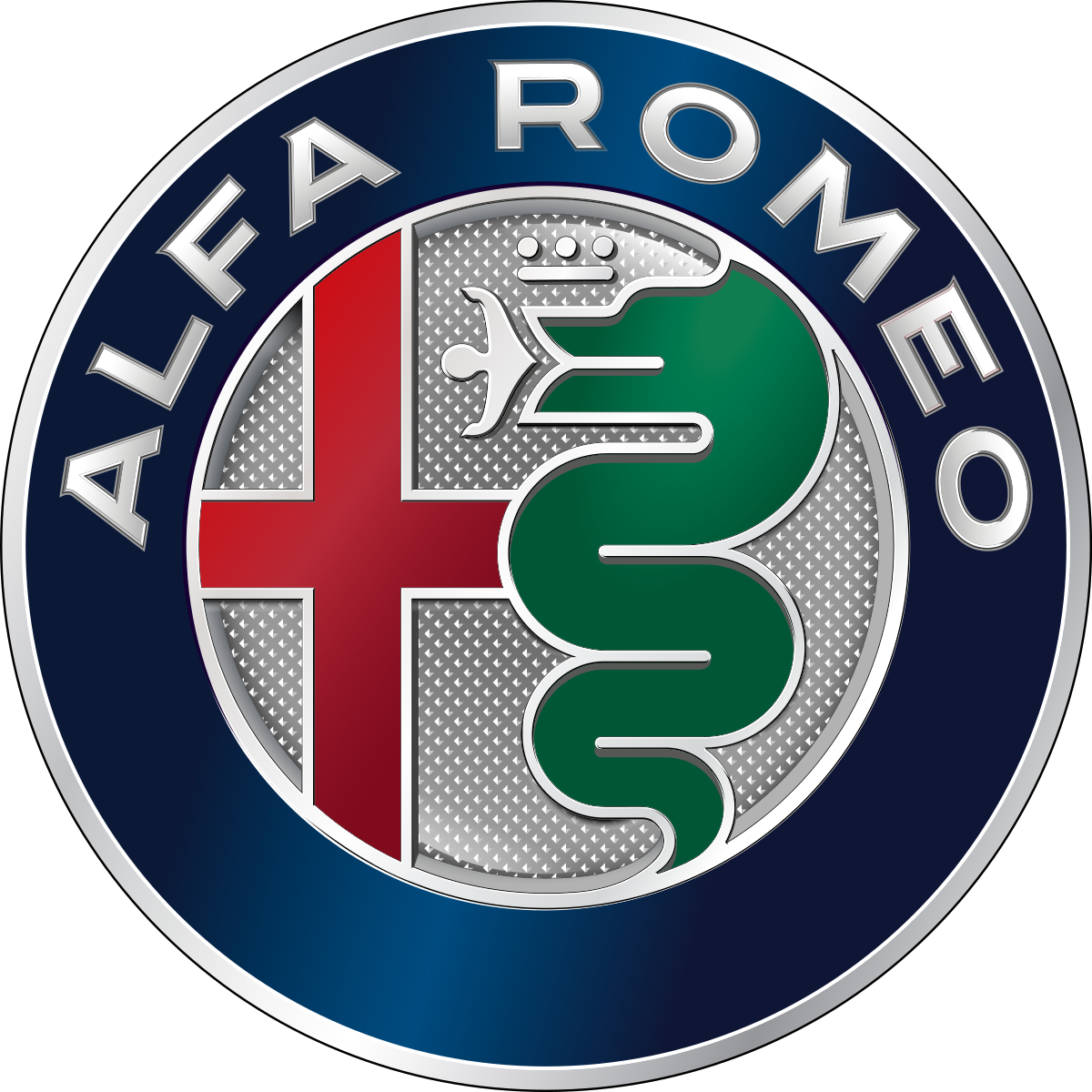 Alfa Romeo
Alfa Romeo 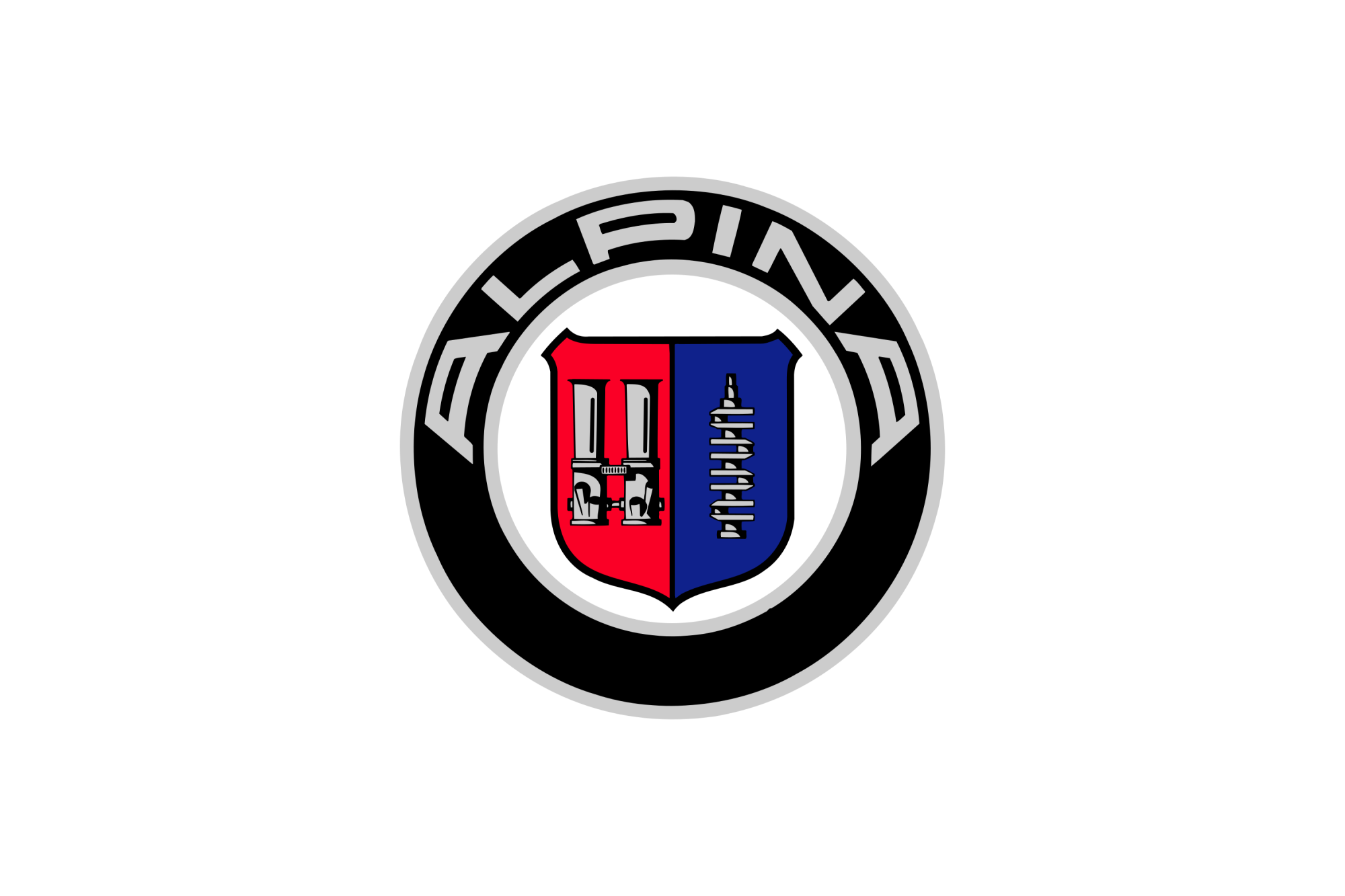 Alpina
Alpina  Amilcar
Amilcar  Aston Martin
Aston Martin  Audi
Audi  Austin
Austin  Austin-Healey
Austin-Healey .png) Bentley
Bentley  BMW
BMW  Cadillac
Cadillac  Chevrolet
Chevrolet  Citroën
Citroën  Daimler
Daimler  DKW
DKW  Ferrari
Ferrari  Fiat
Fiat  Ford
Ford  Geko
Geko .svg.png) Honda
Honda  Innocenti
Innocenti .png) Jaguar
Jaguar 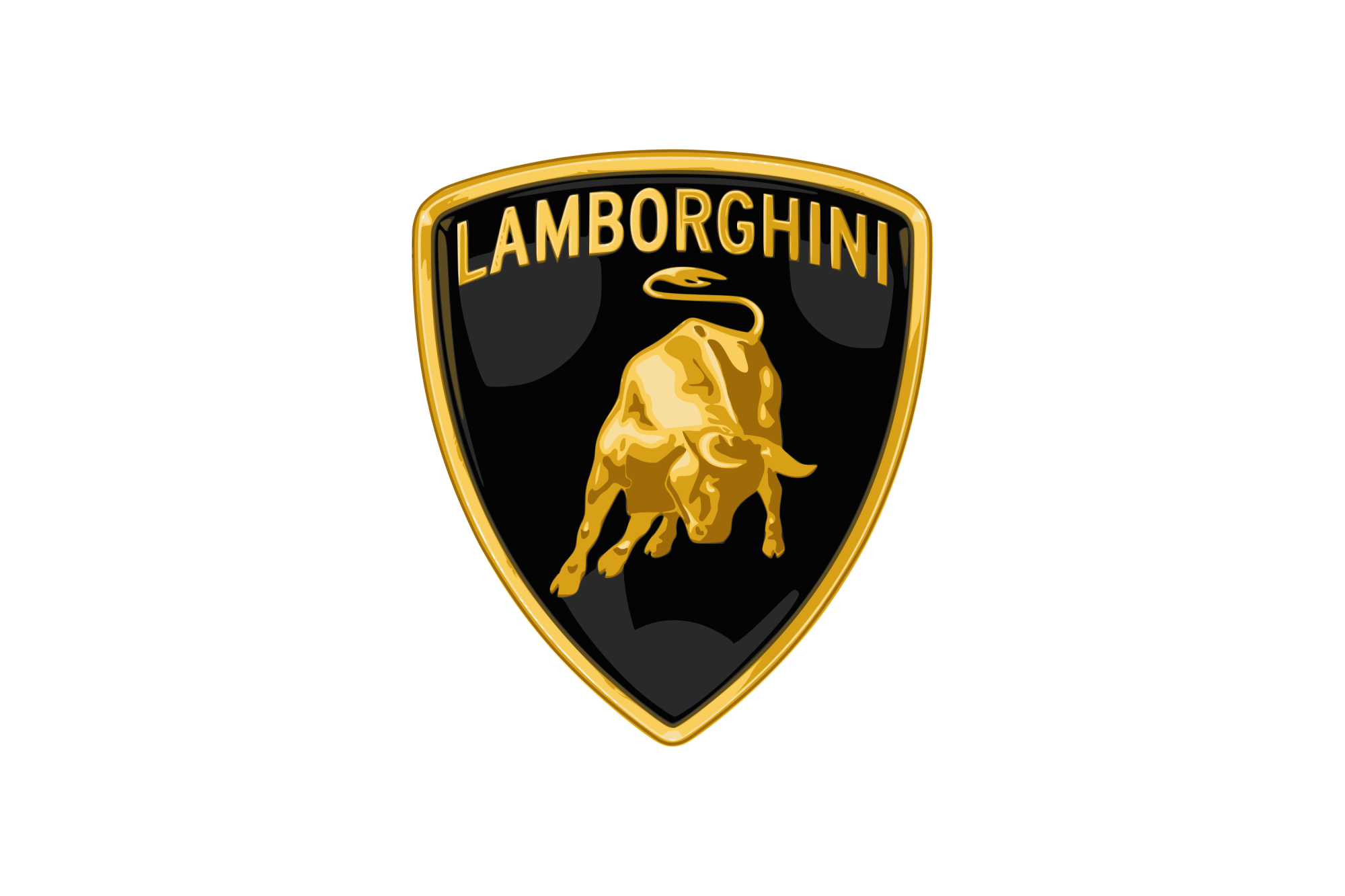 Lamborghini
Lamborghini .png) Lancia
Lancia  Land Rover
Land Rover 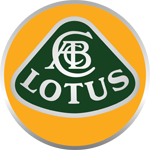 Lotus
Lotus  Maserati
Maserati  Mercedes-Benz
Mercedes-Benz  MG
MG .svg.png) Mini
Mini  Mitsubishi
Mitsubishi .png) Morgan
Morgan  Morris
Morris  Nash Healey
Nash Healey .png) Nissan
Nissan  NSU
NSU 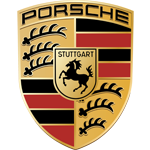 Porsche
Porsche  Renault
Renault 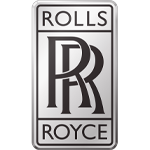 Rolls-Royce
Rolls-Royce  Siata
Siata  Simca
Simca .png) Studebaker
Studebaker  Subaru
Subaru  Sunbeam
Sunbeam  Triumph
Triumph  Volkswagen
Volkswagen  Benelli
Benelli .svg.png) Honda
Honda  Kawasaki
Kawasaki 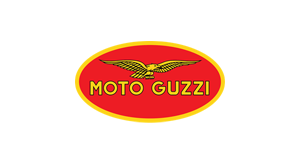 Moto Guzzi
Moto Guzzi .png) NSU
NSU  Ossa
Ossa  Polaris
Polaris  Royal Enfield
Royal Enfield  Suzuki
Suzuki  SWM
SWM  Yamaha
Yamaha 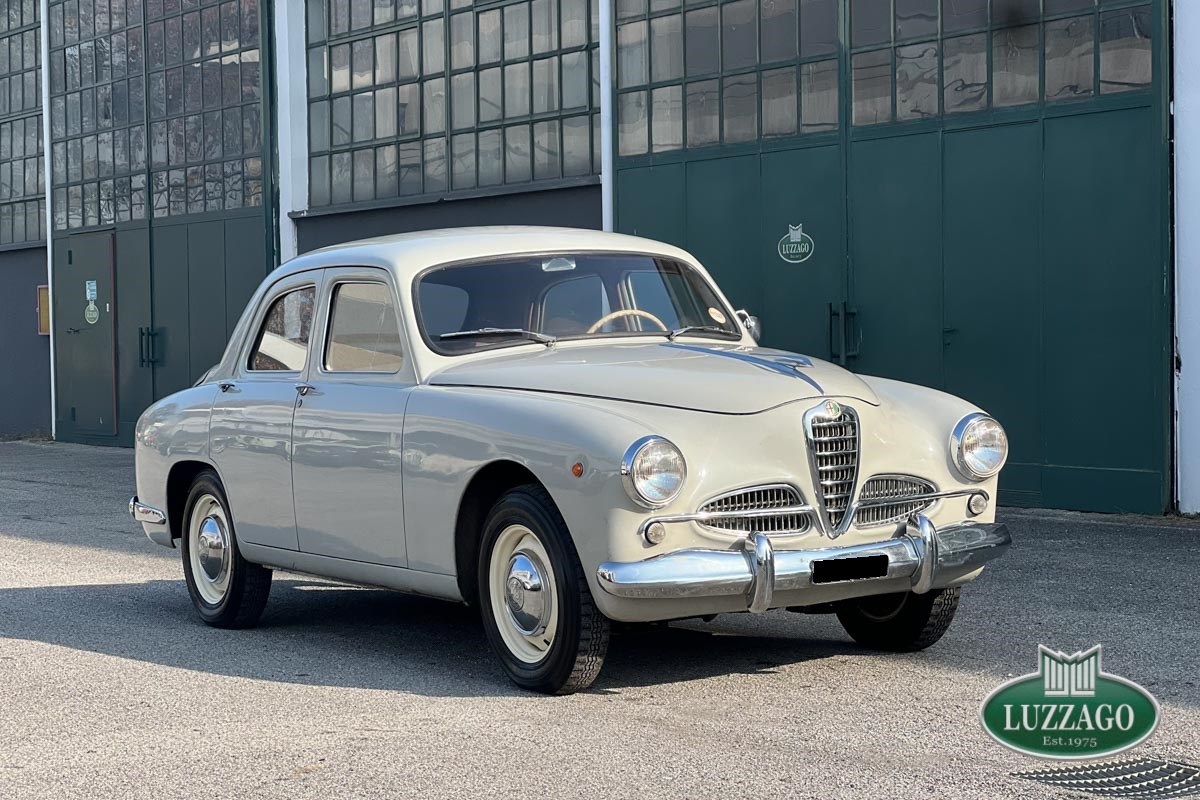
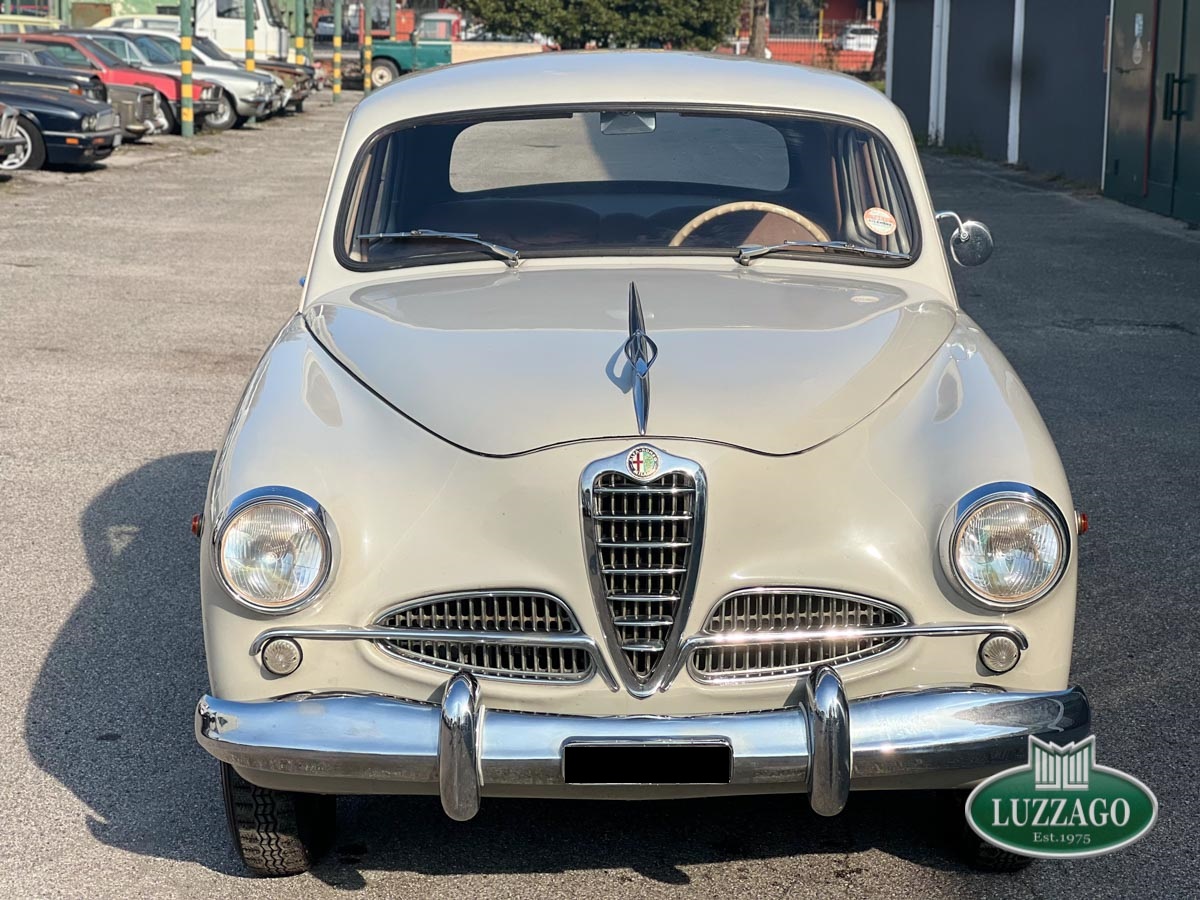
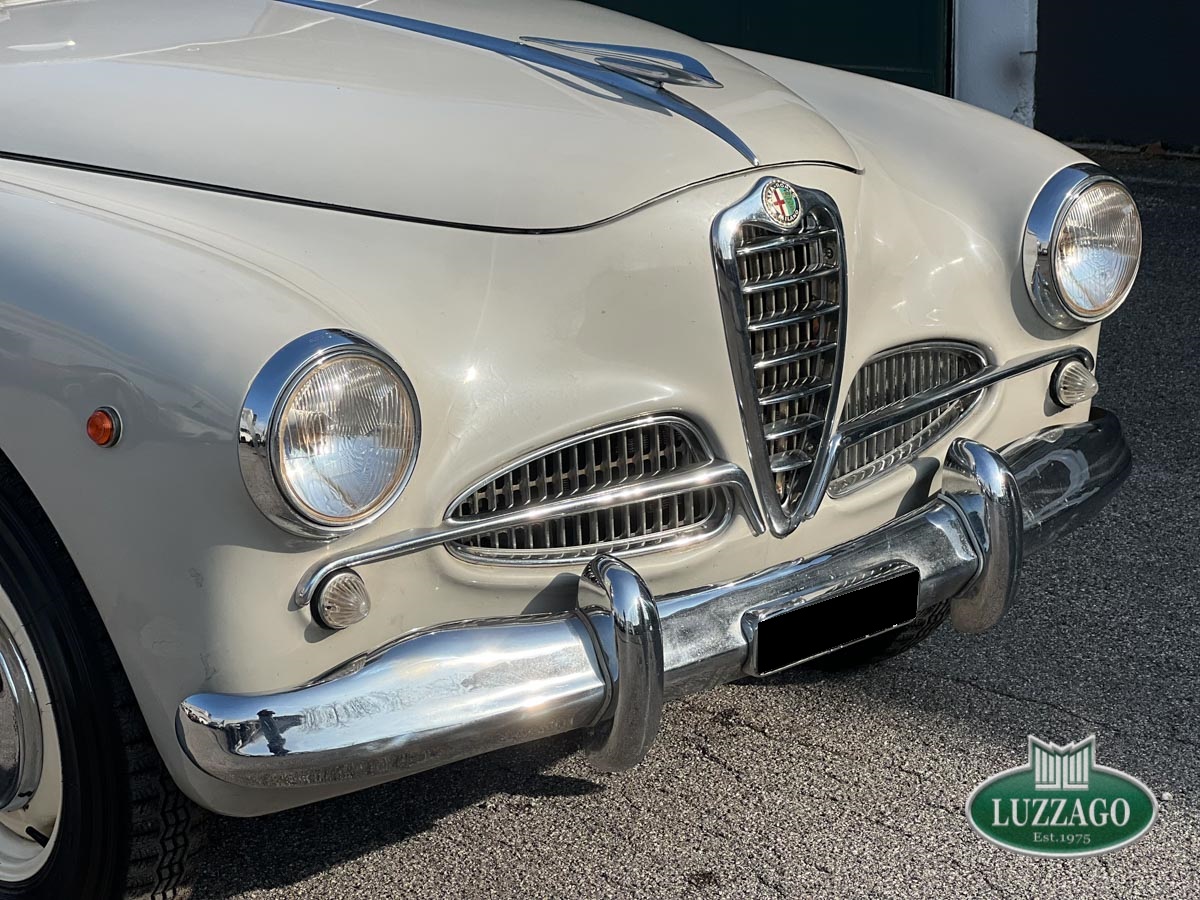
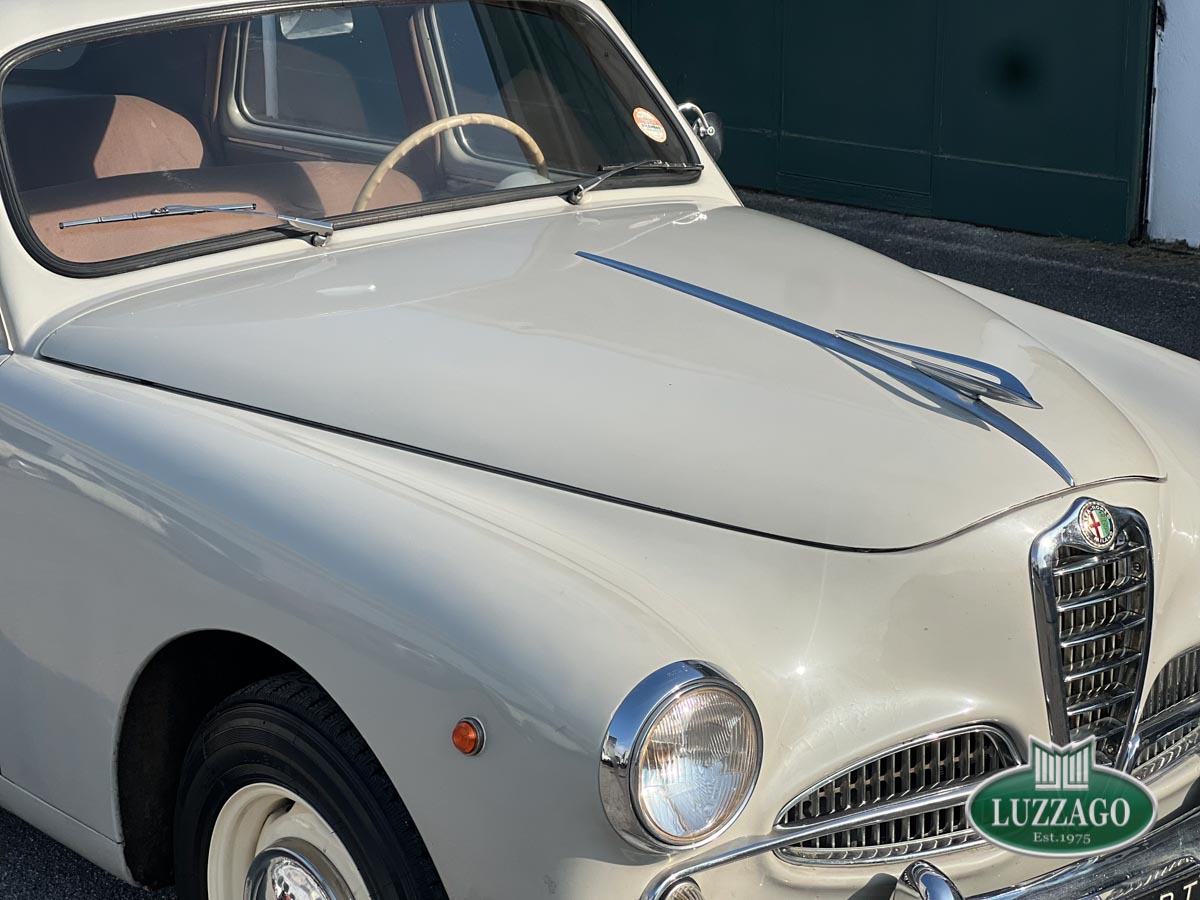
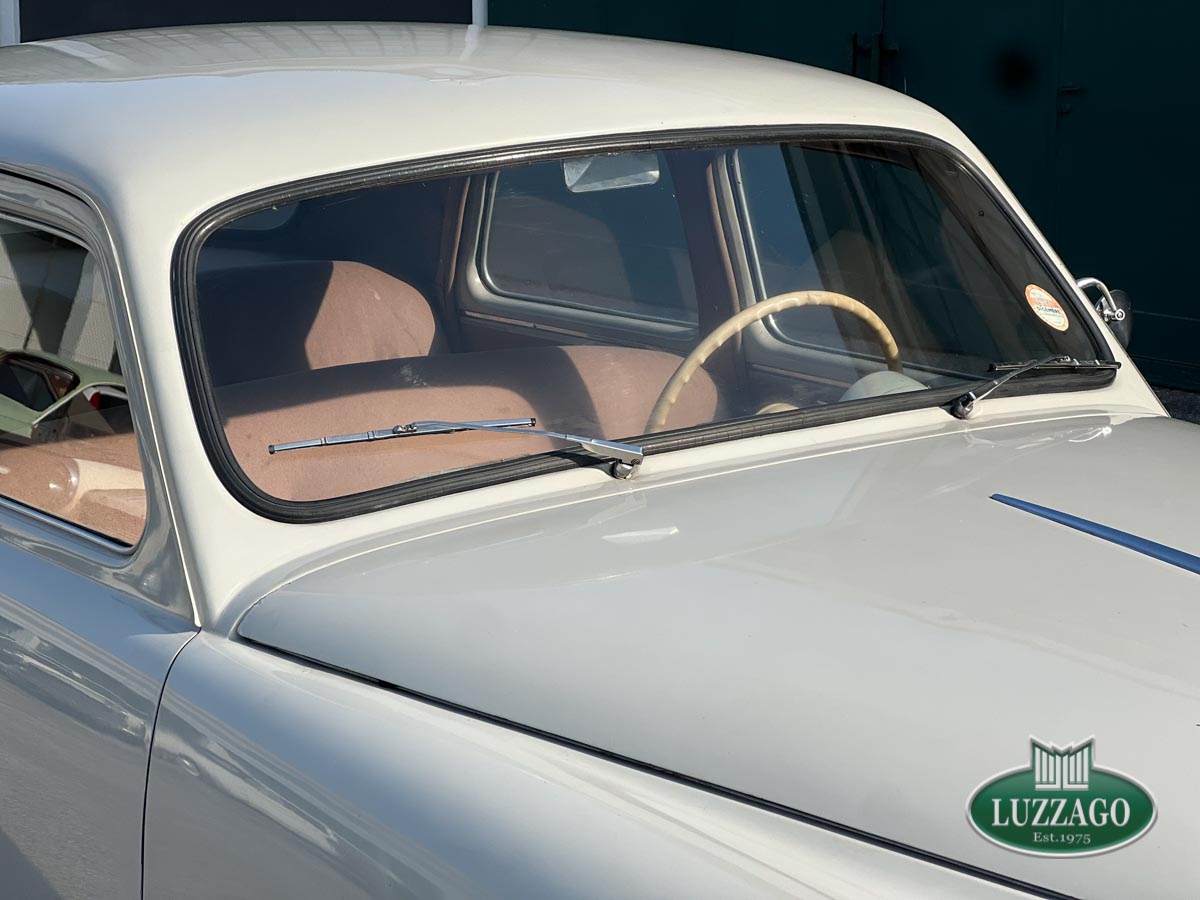
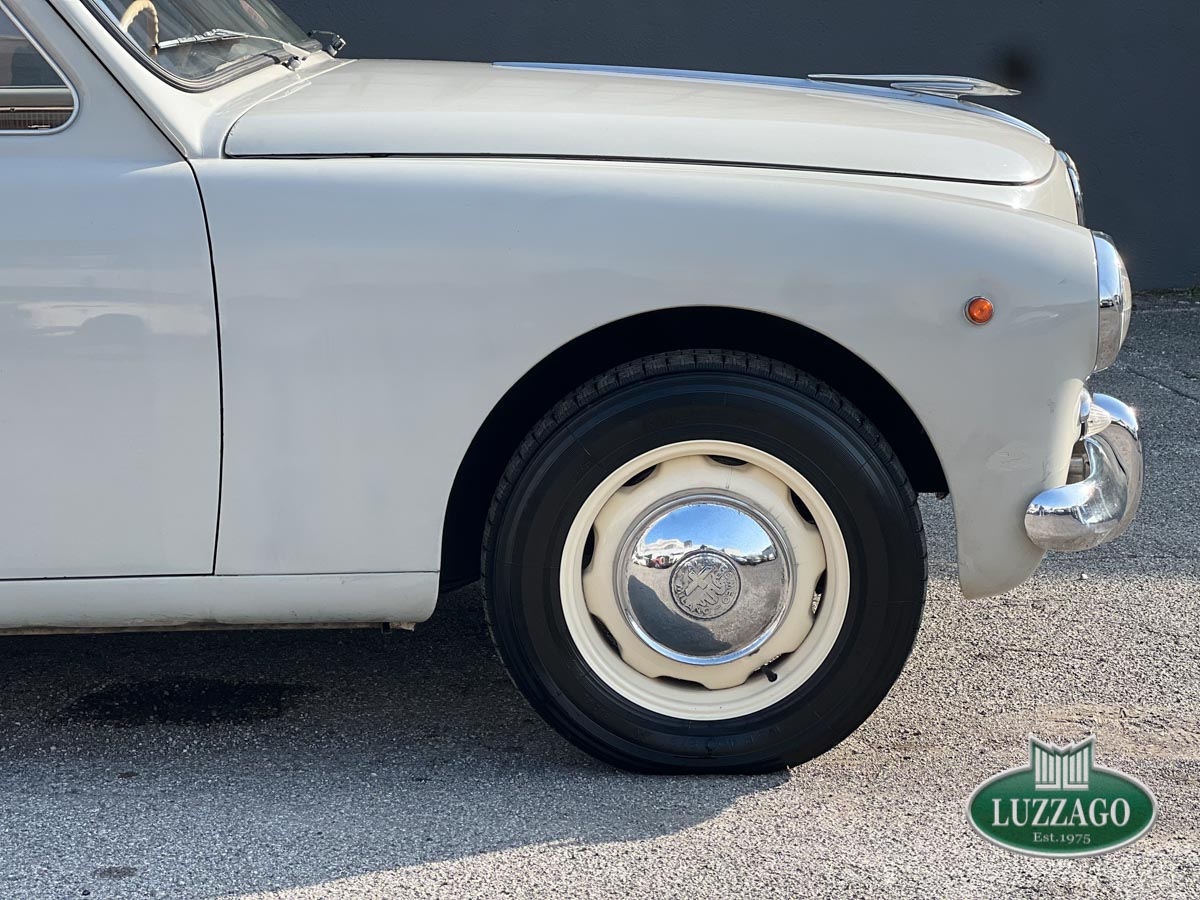
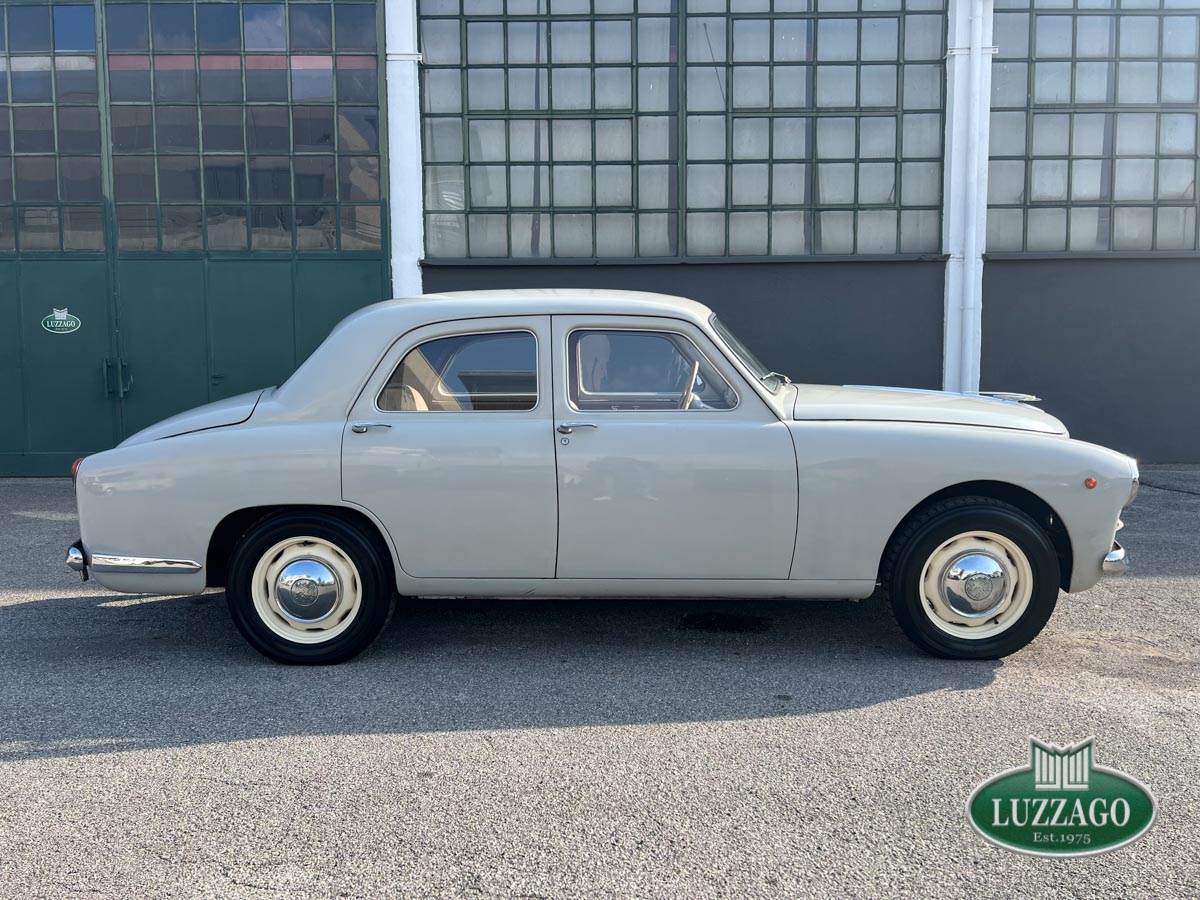
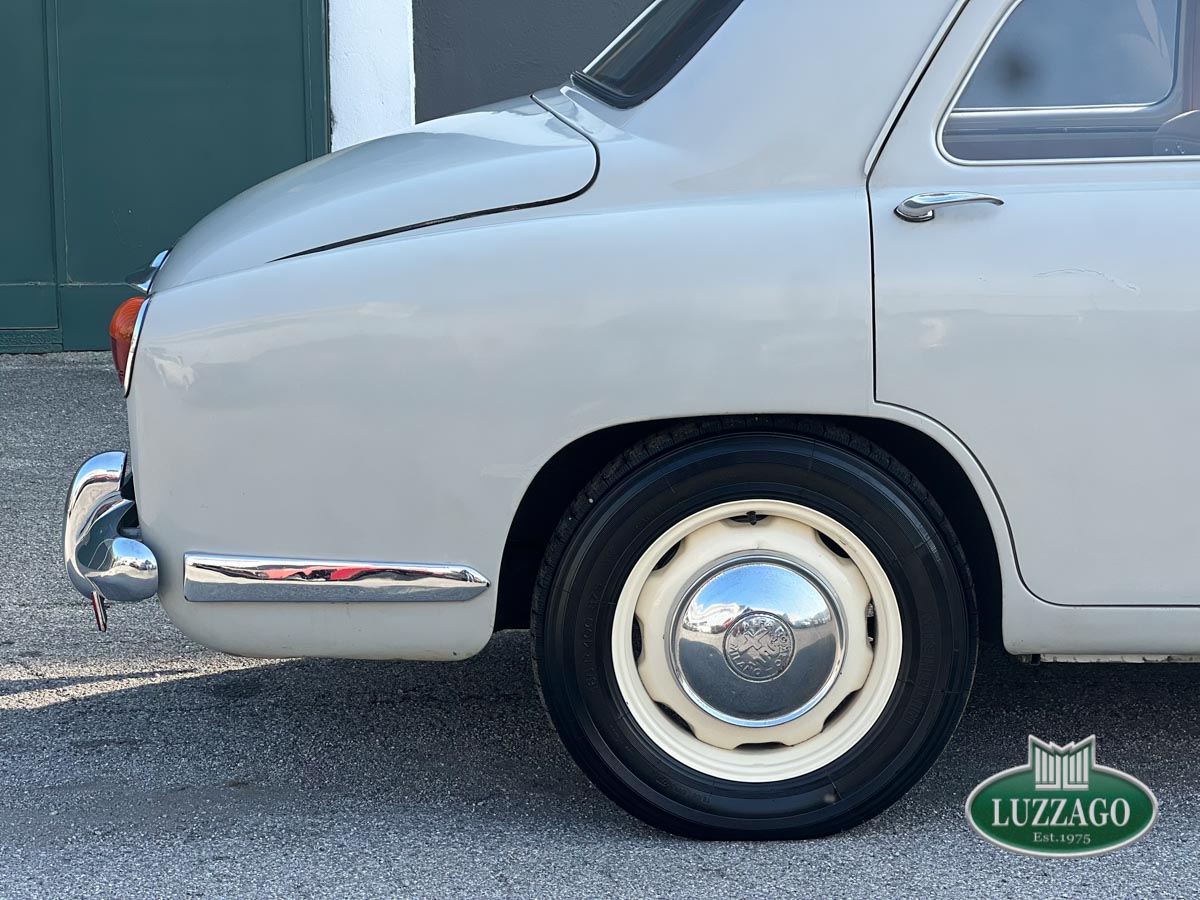
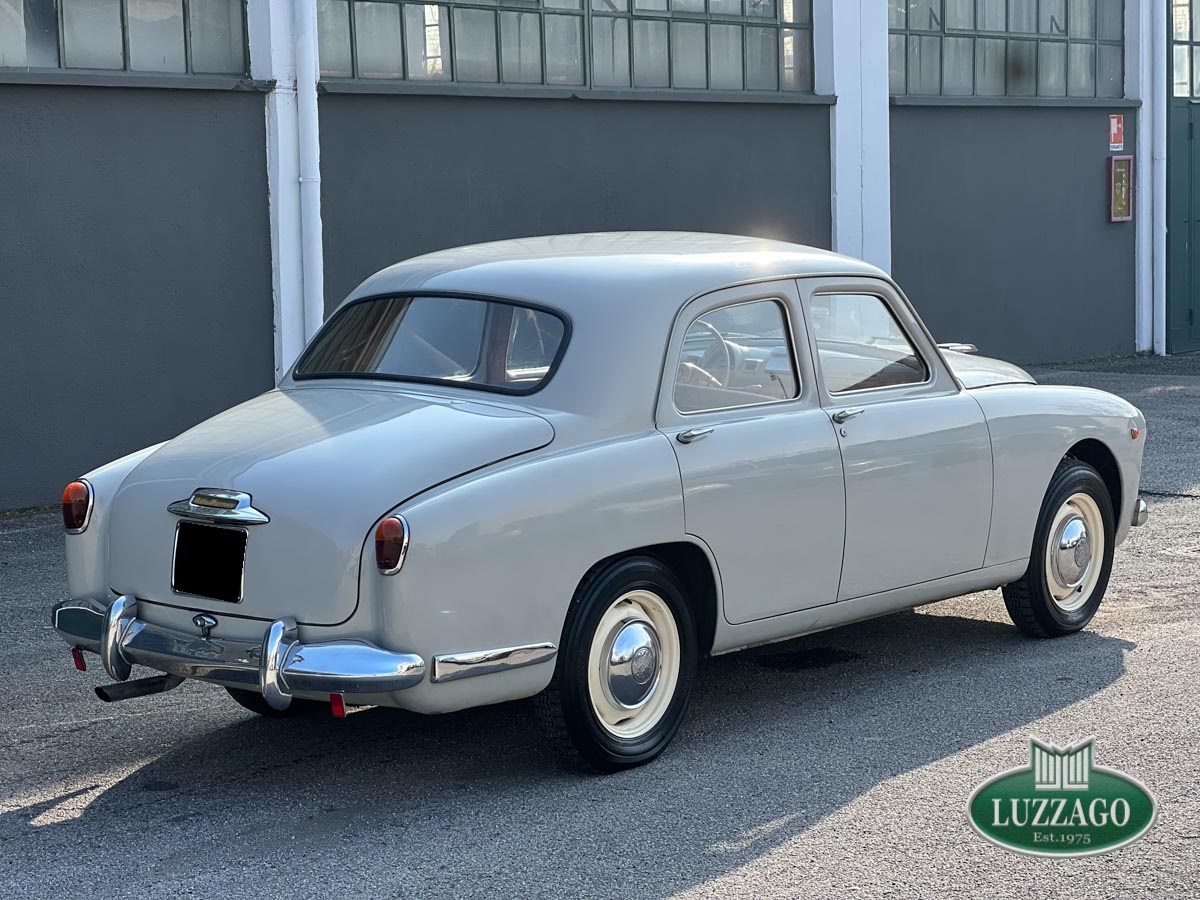
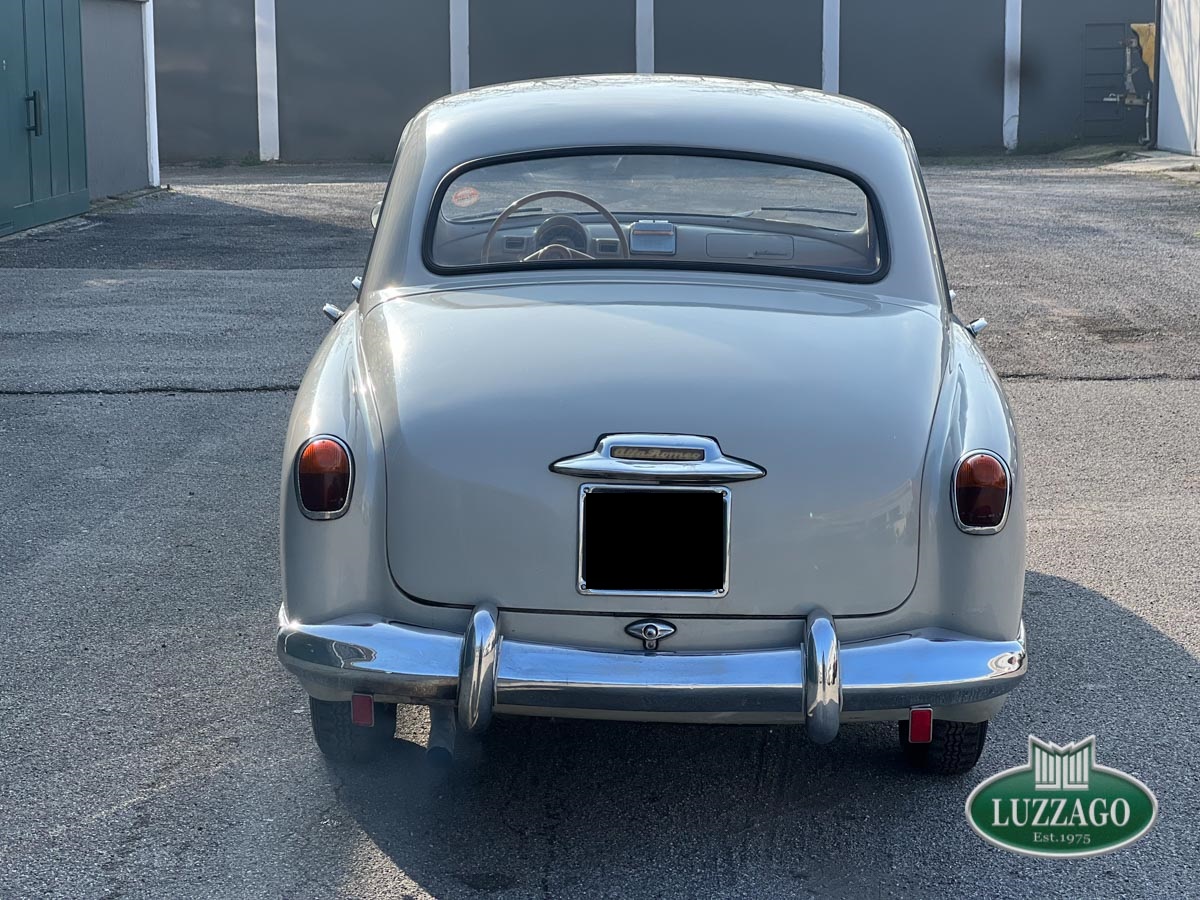
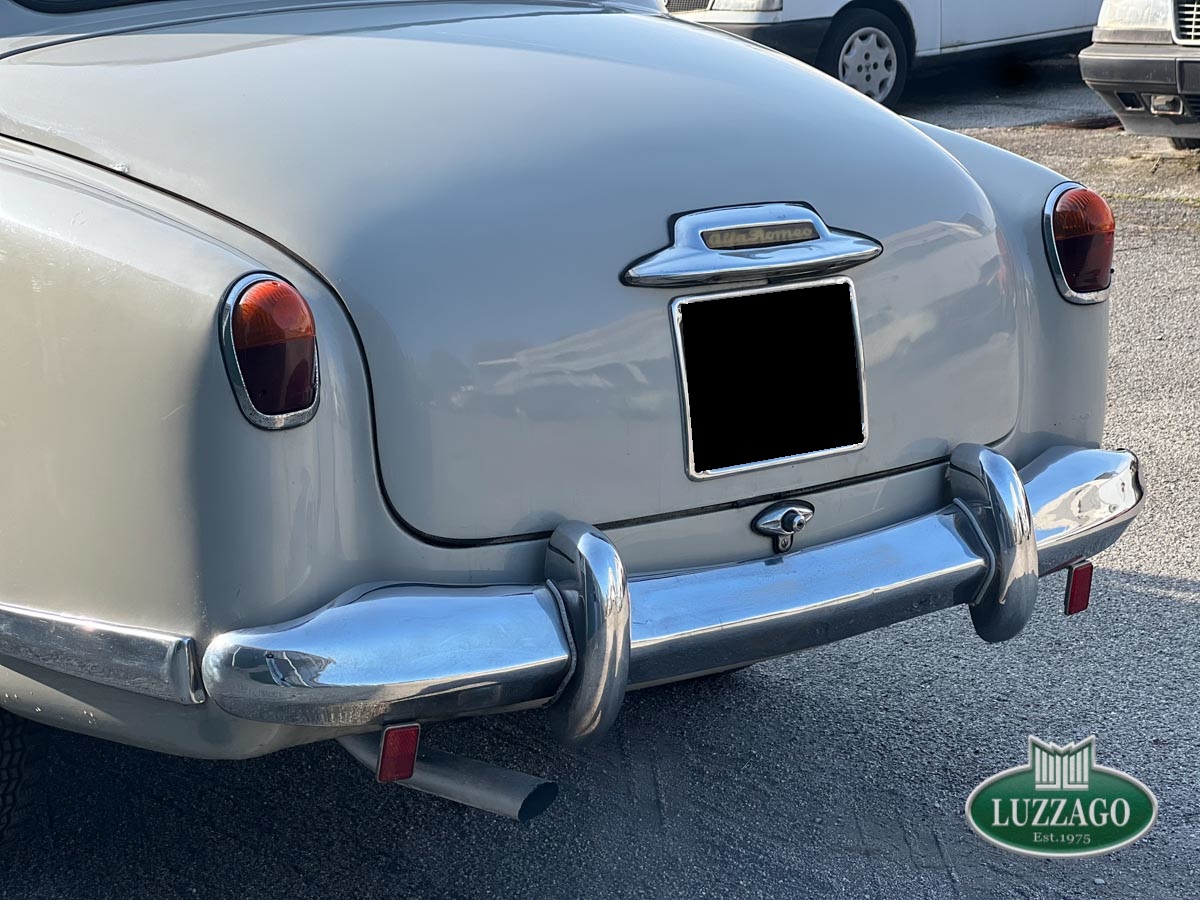
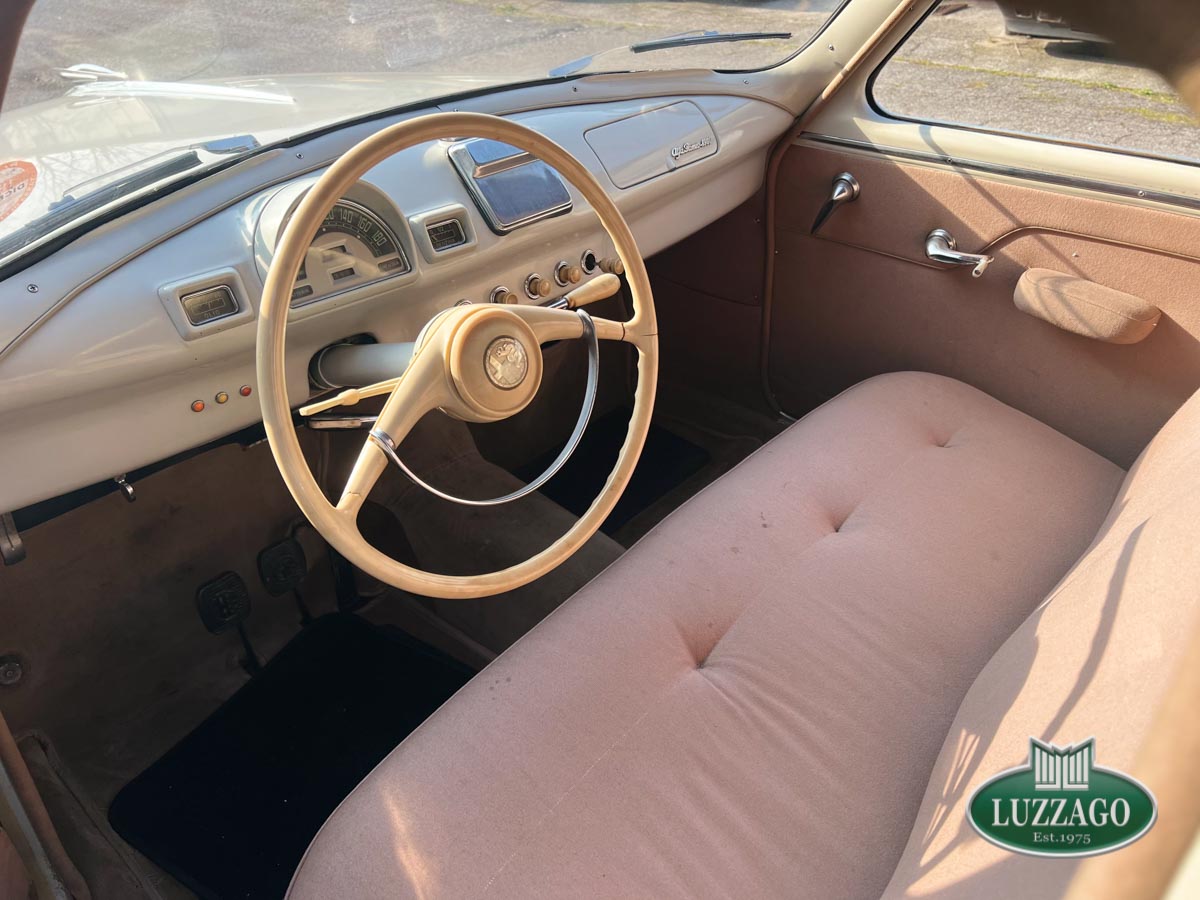
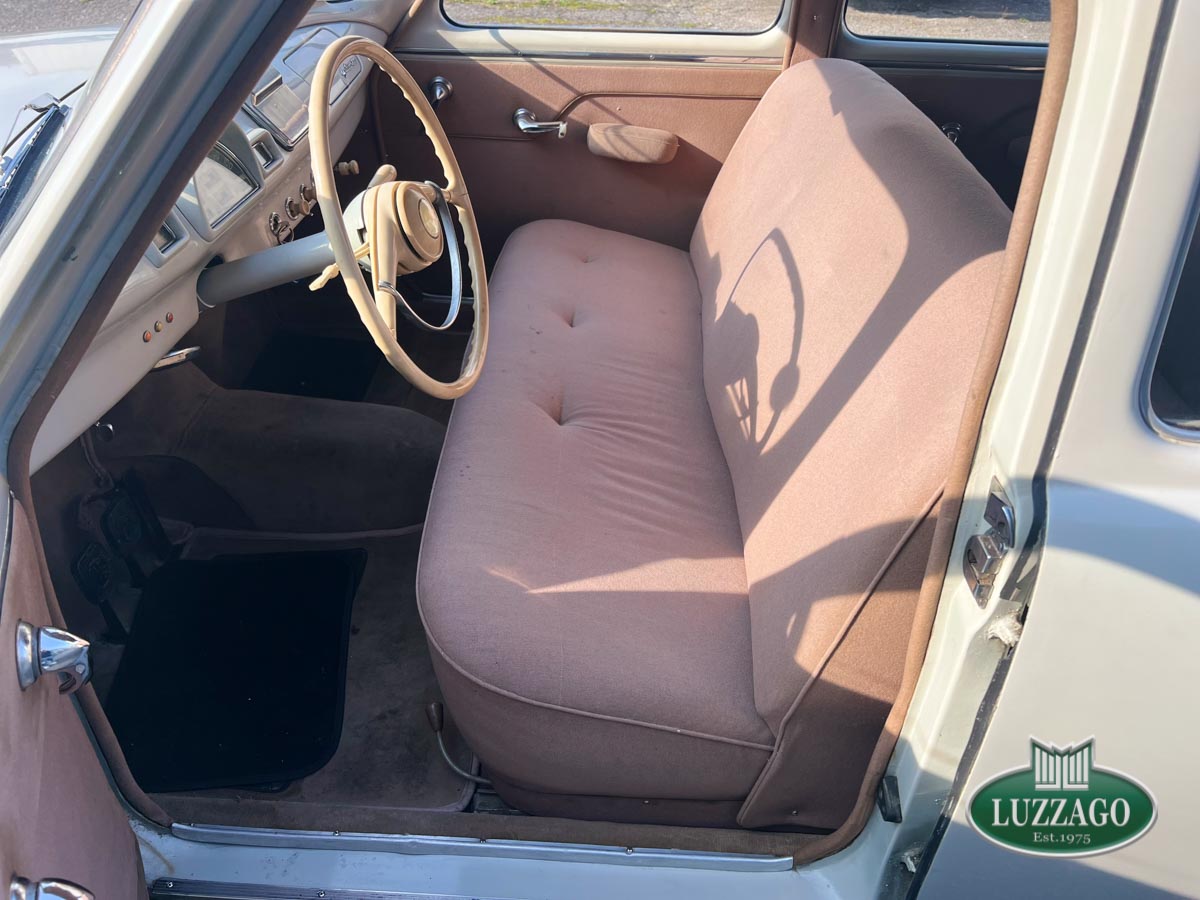
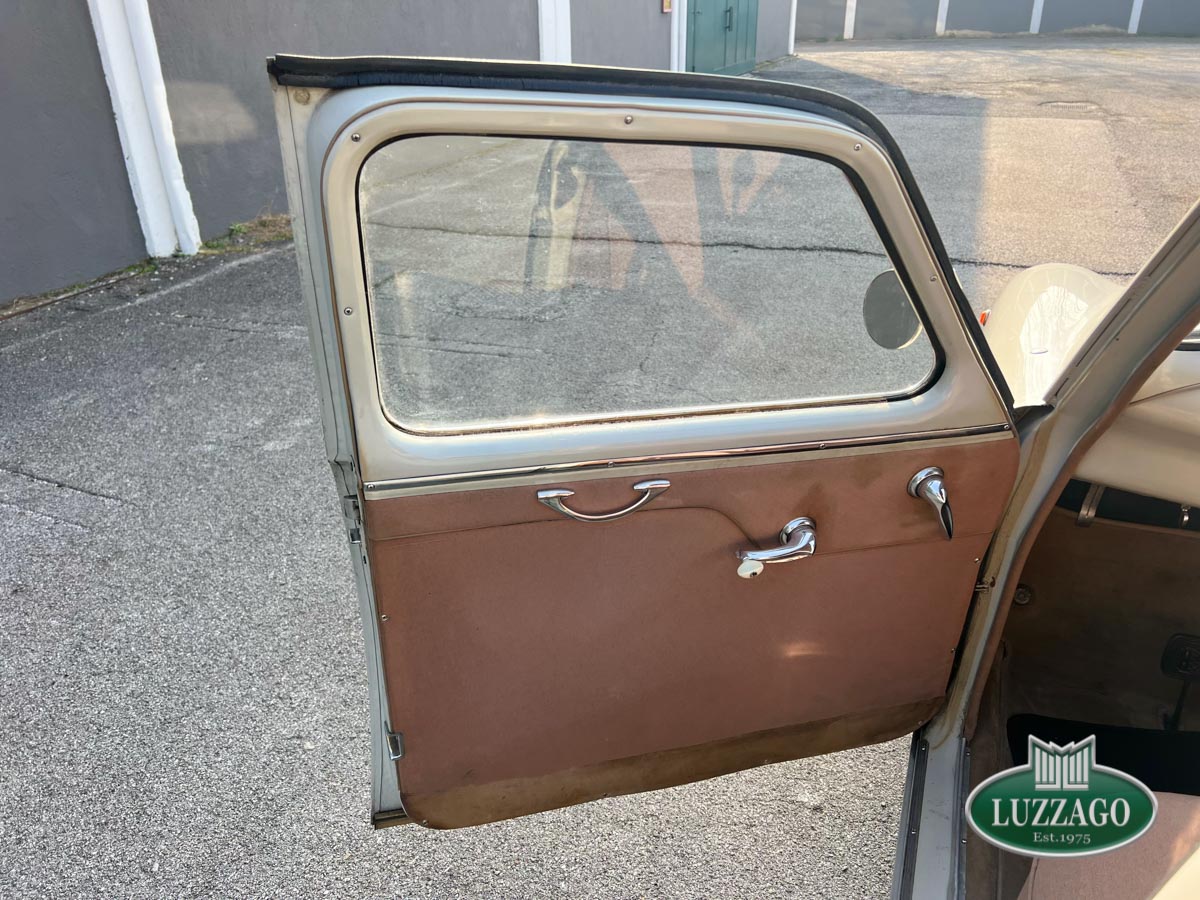
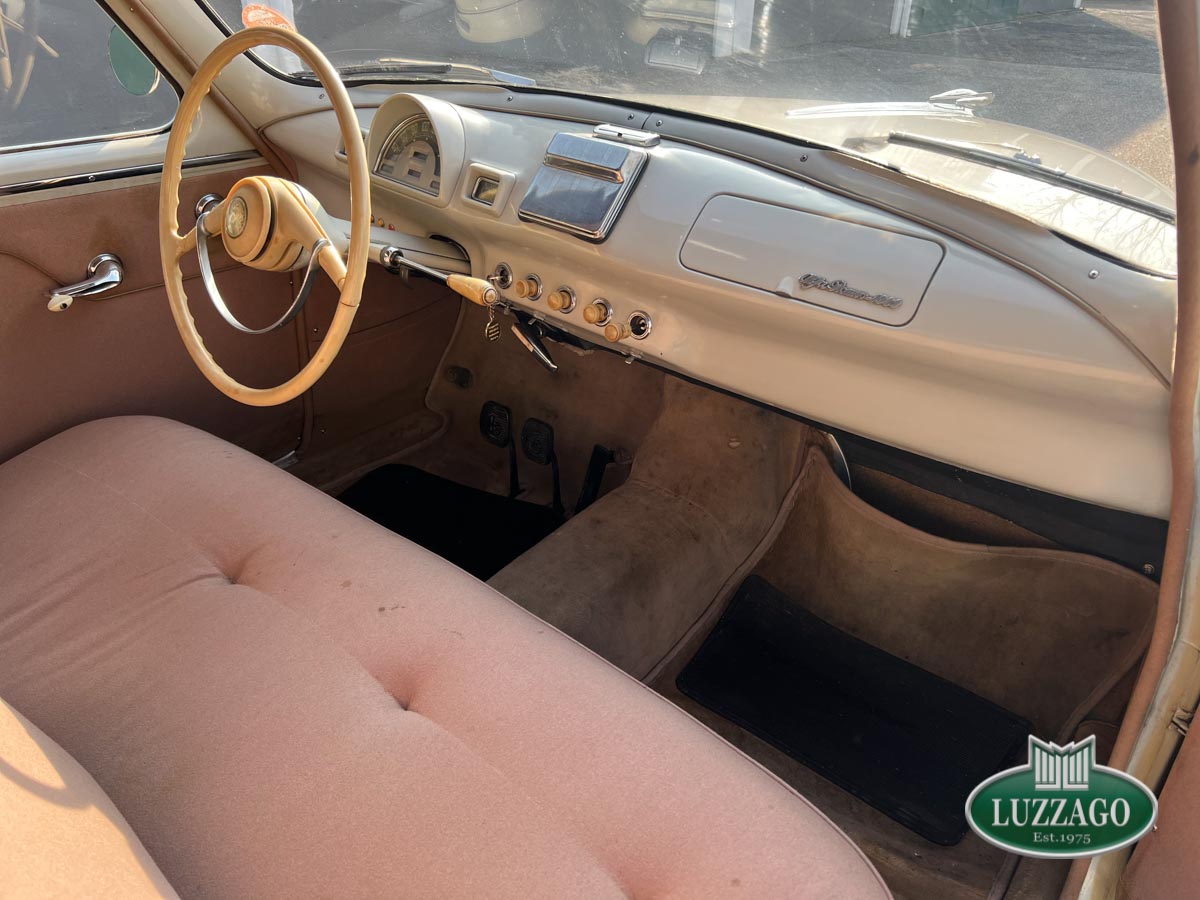
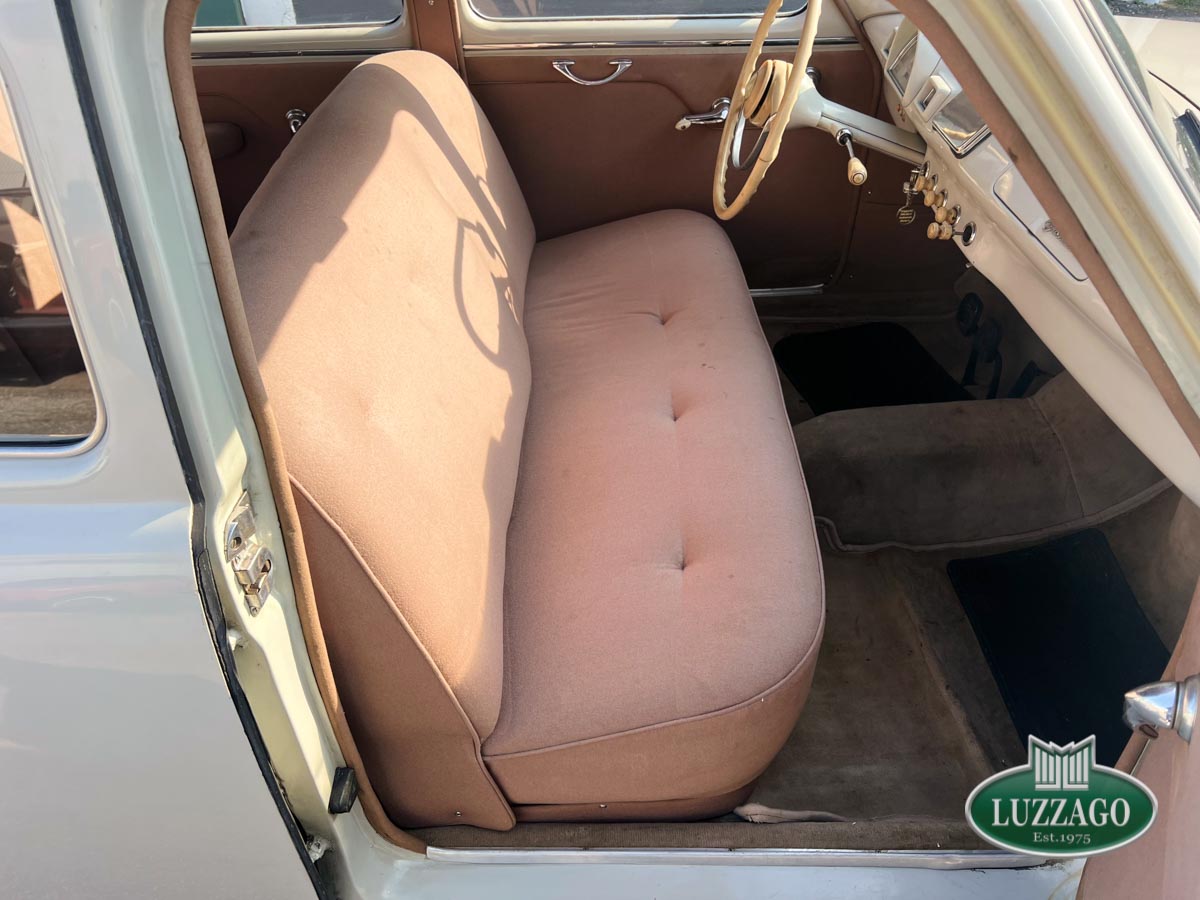
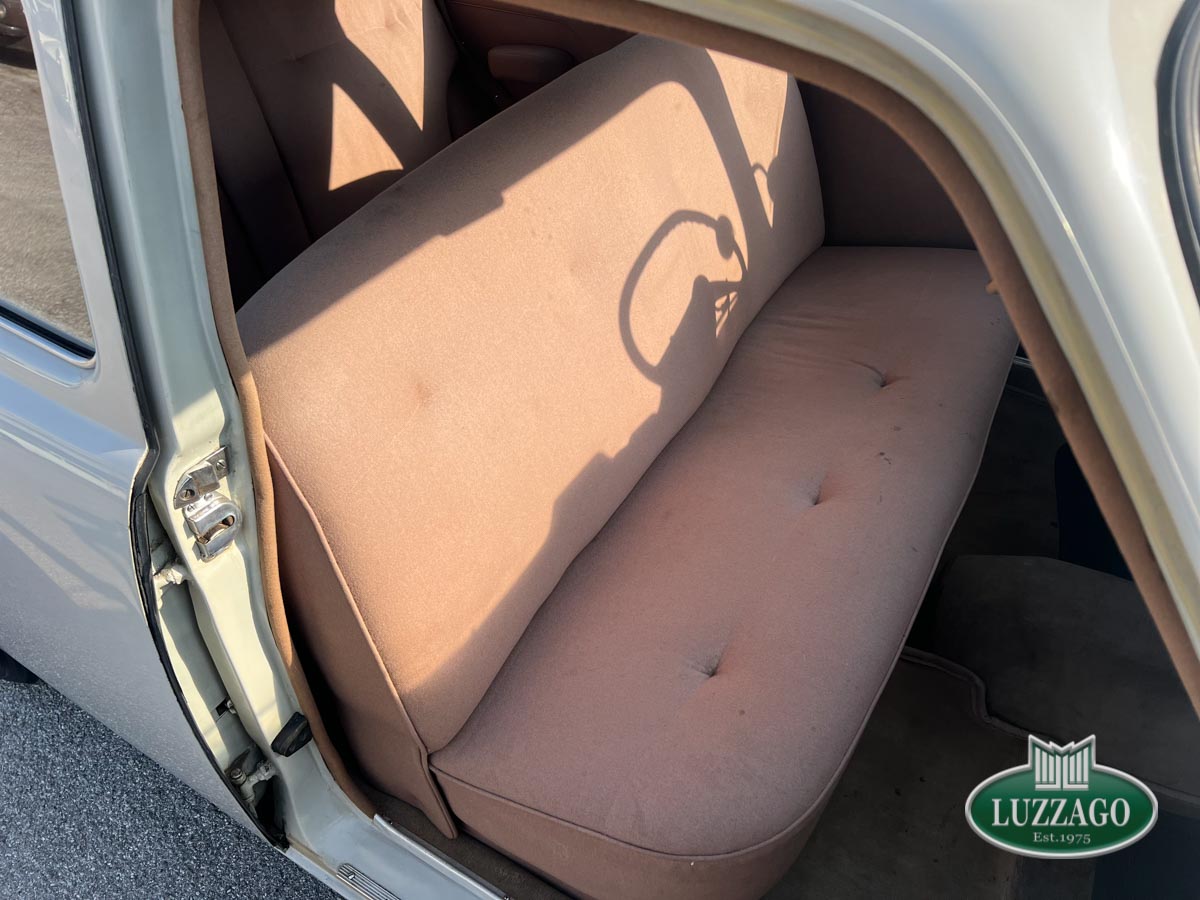
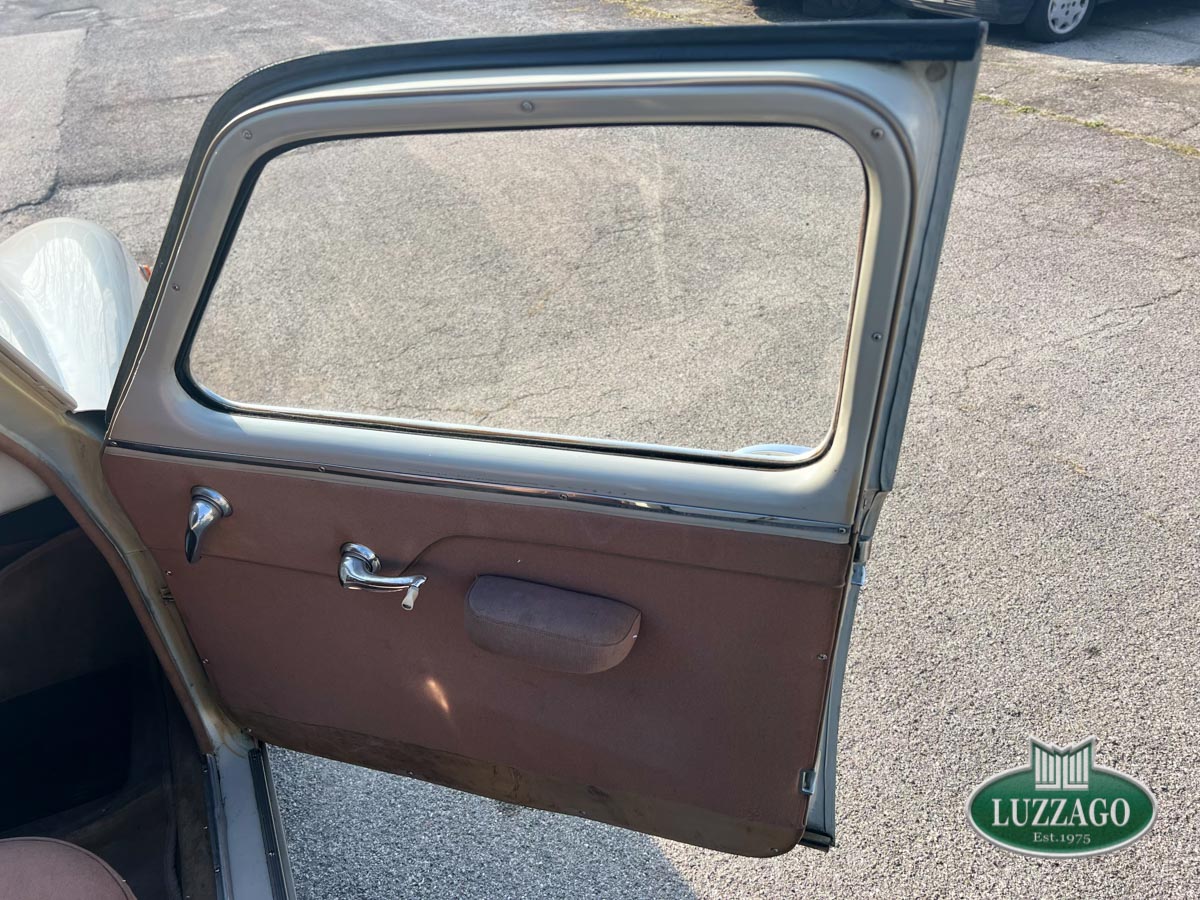
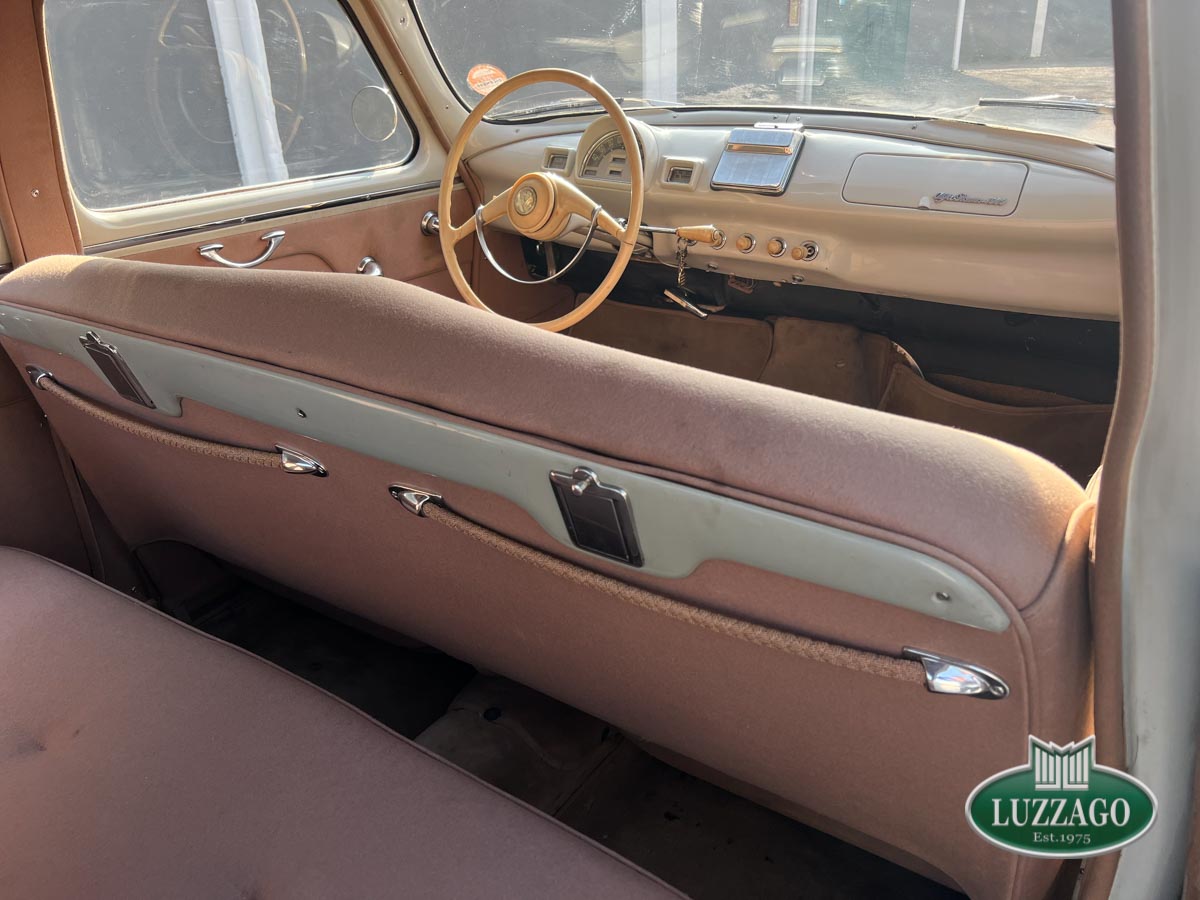
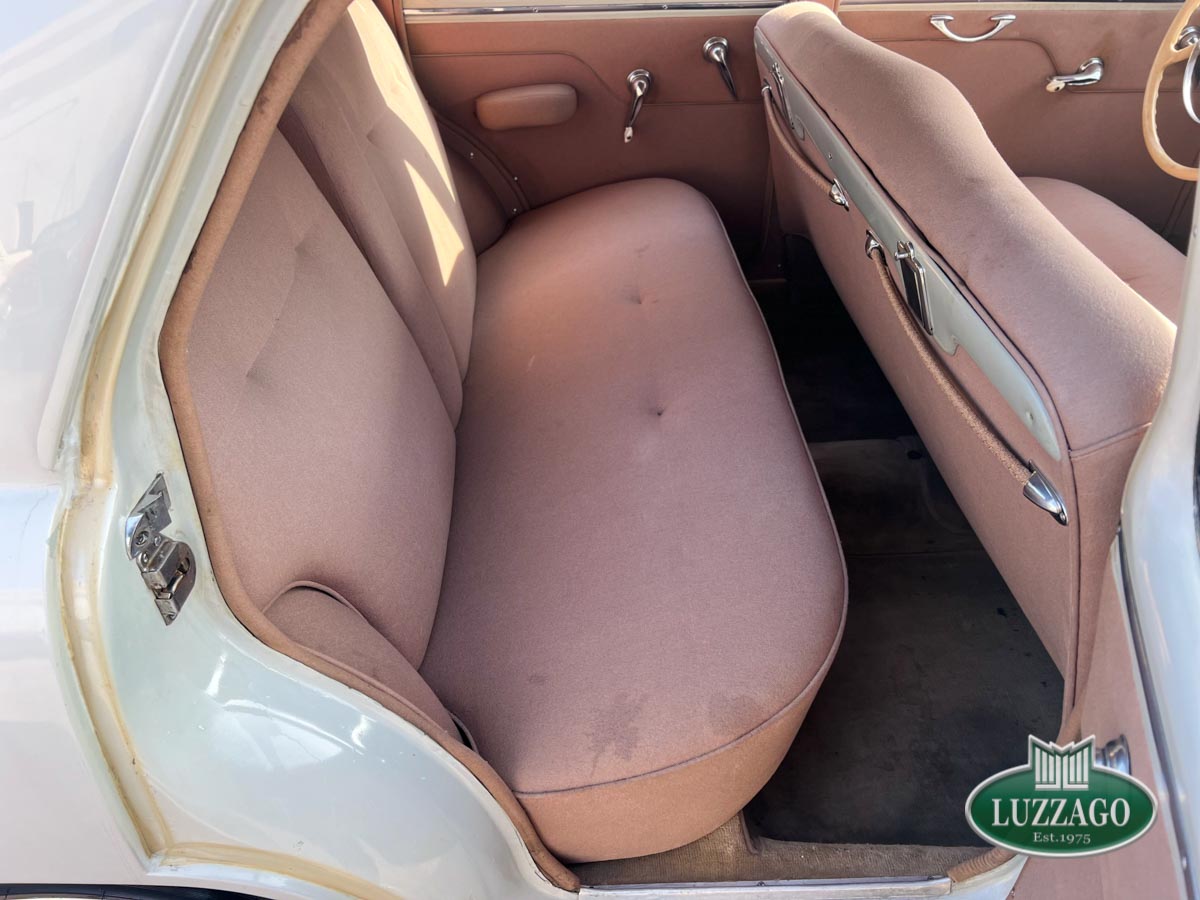
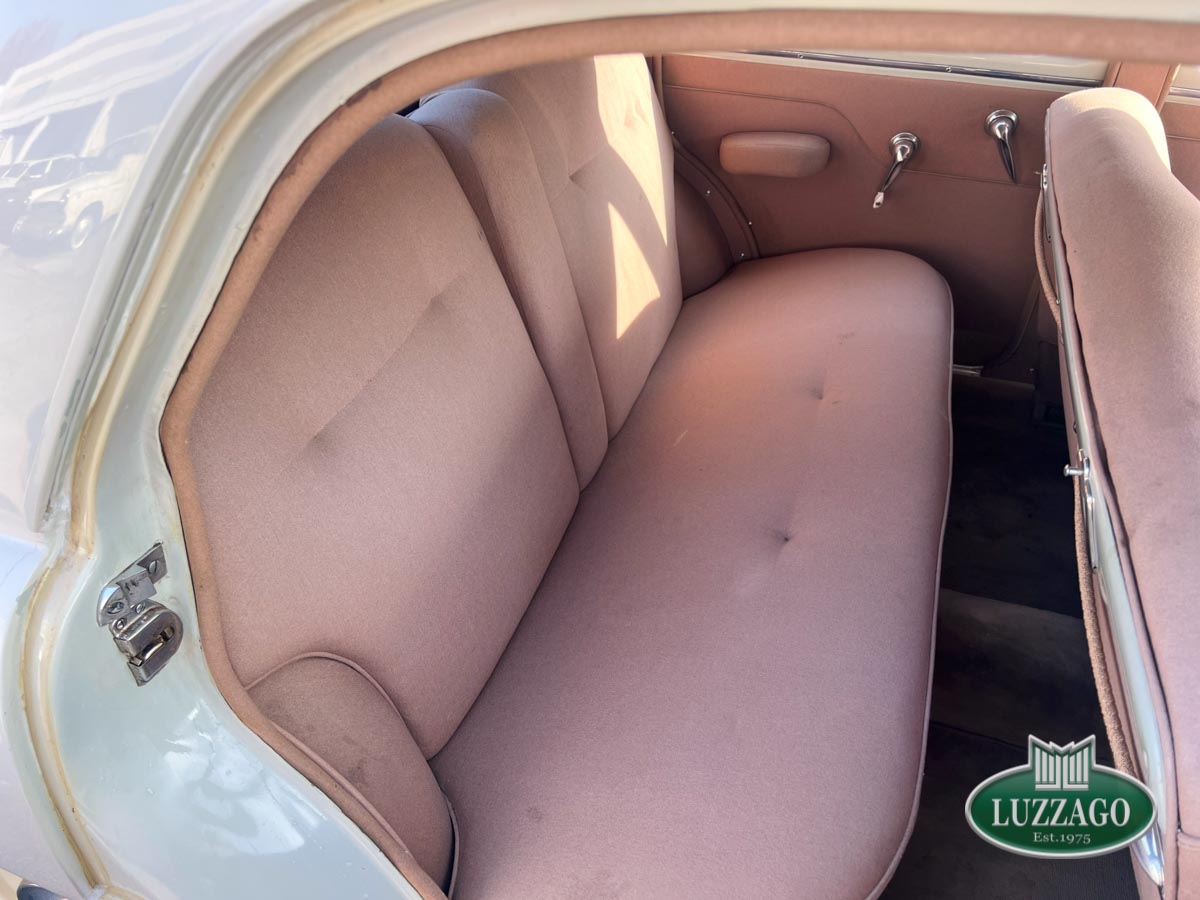
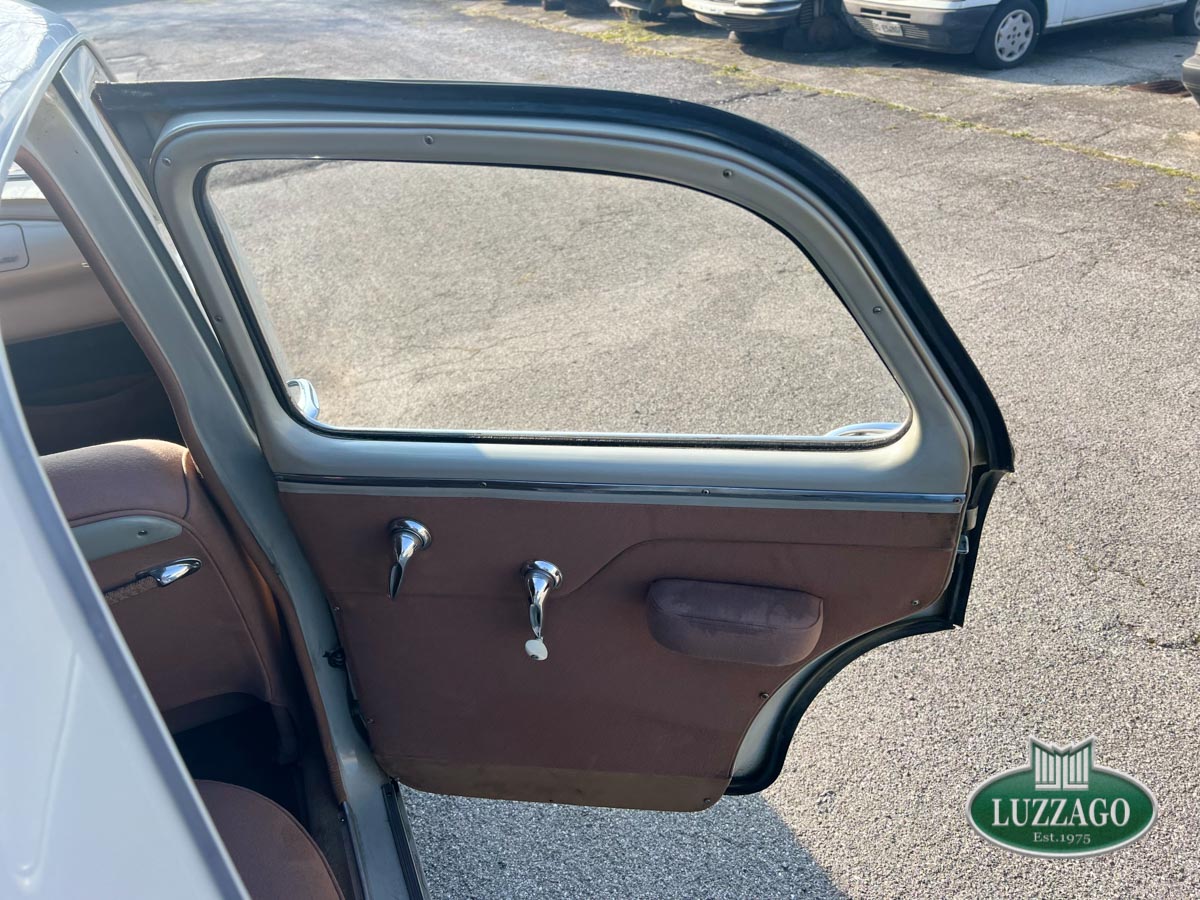
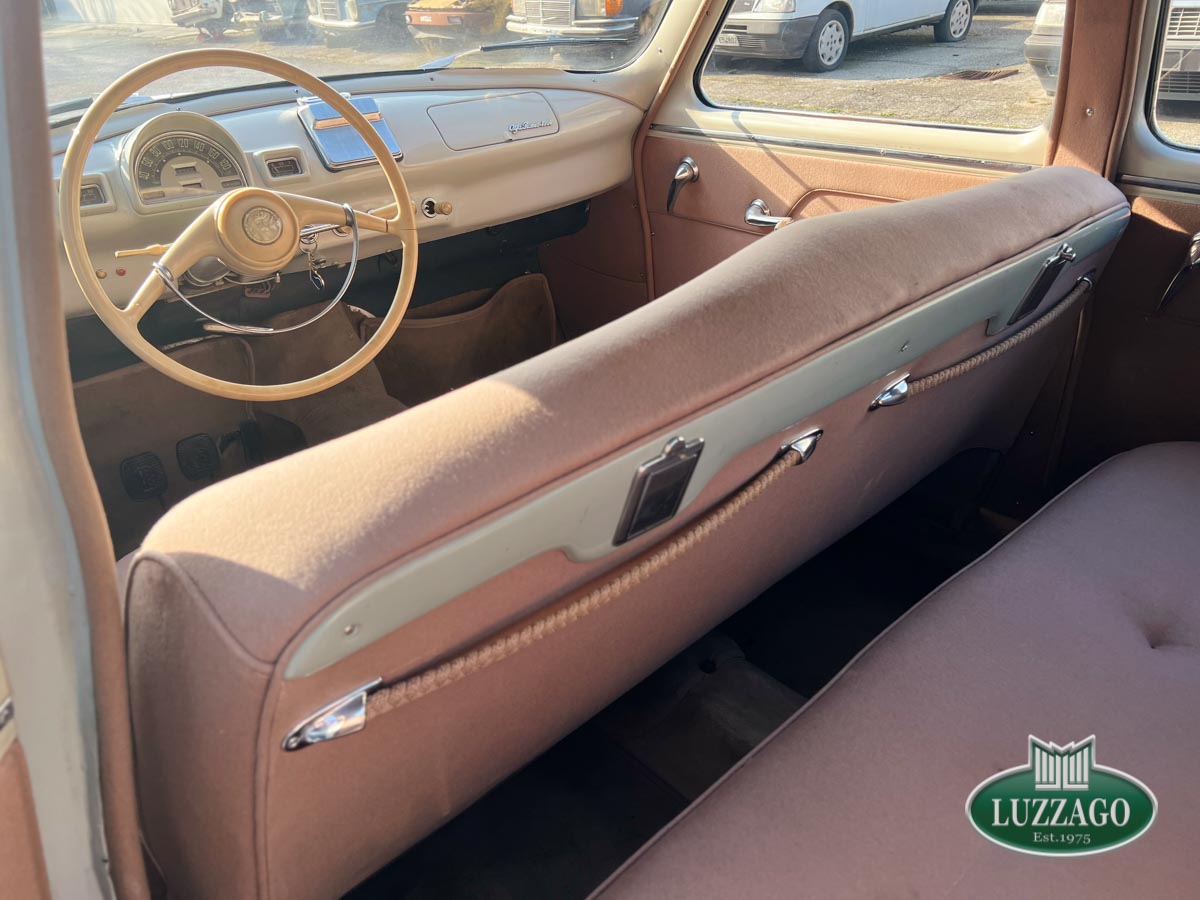
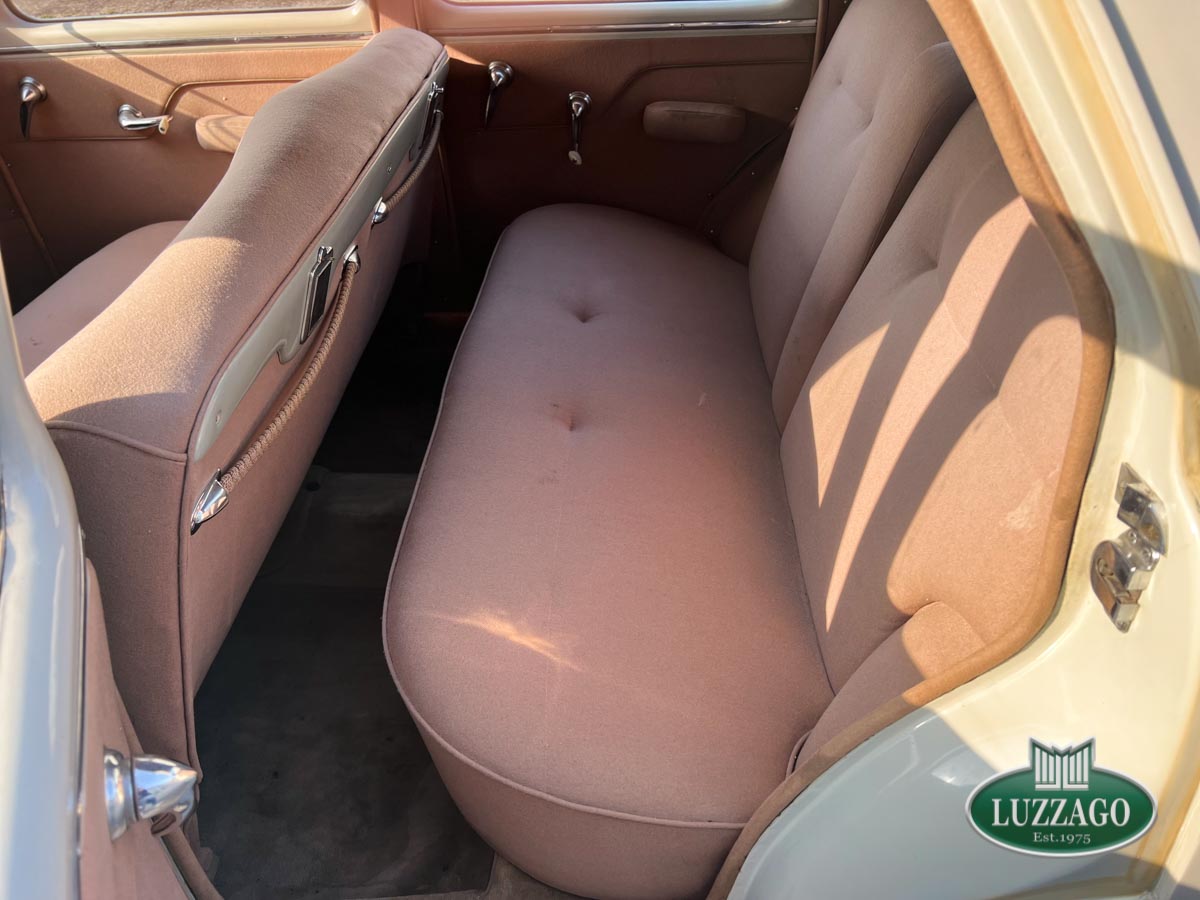
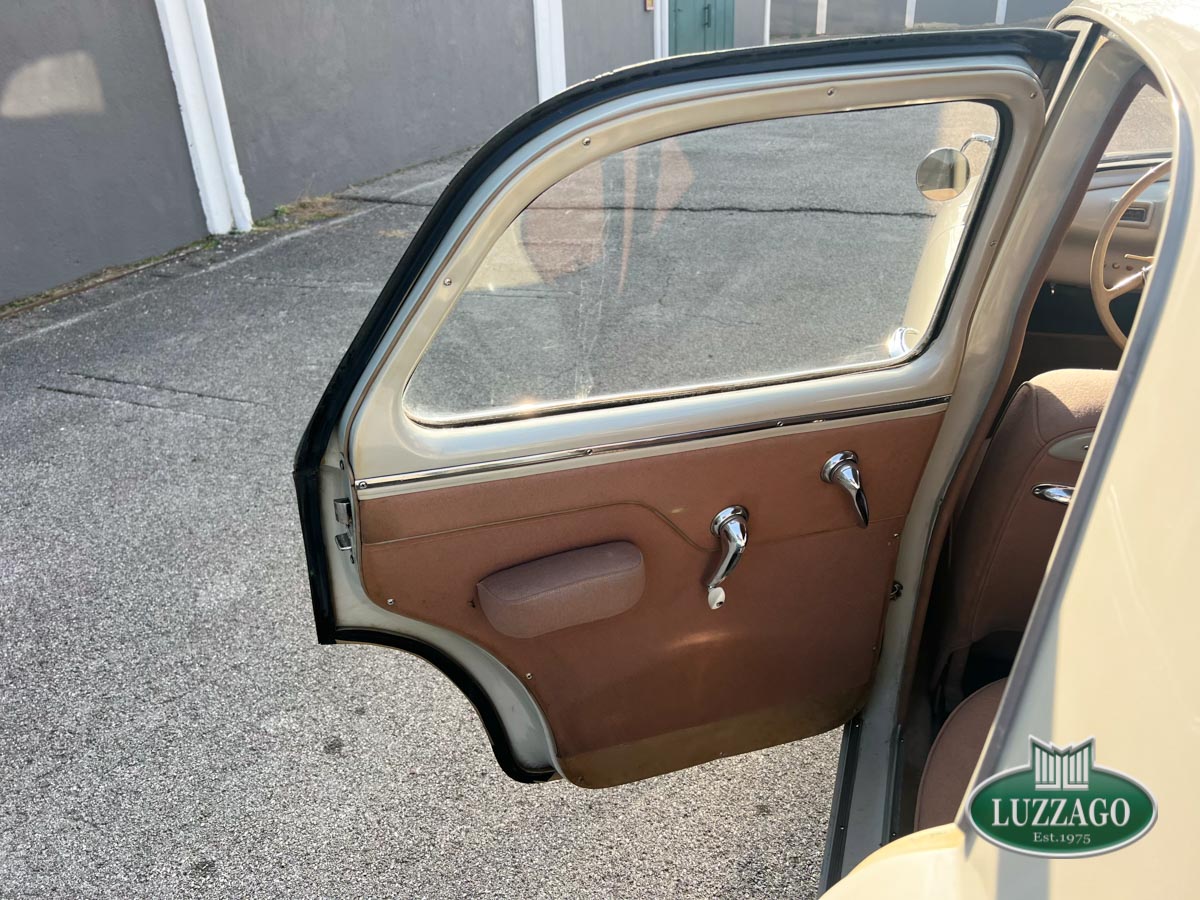
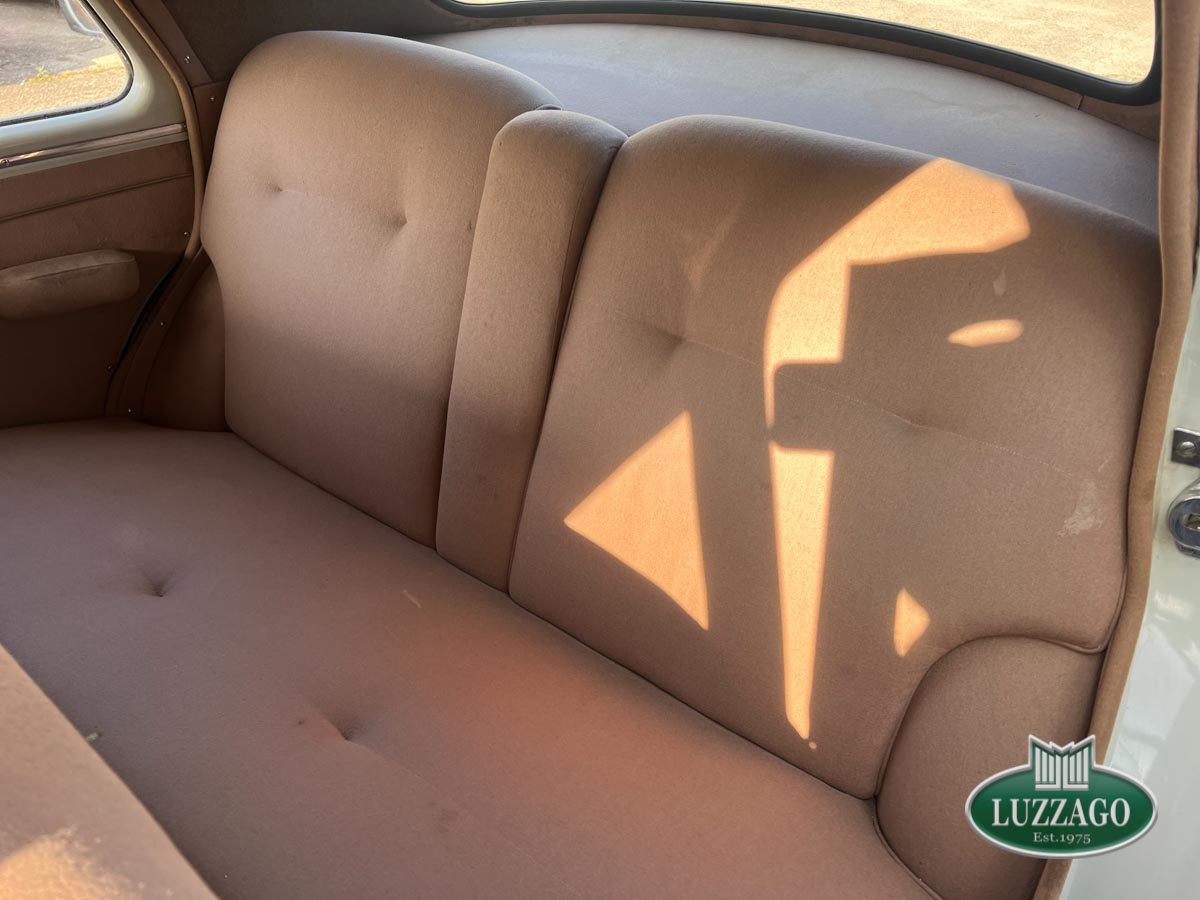
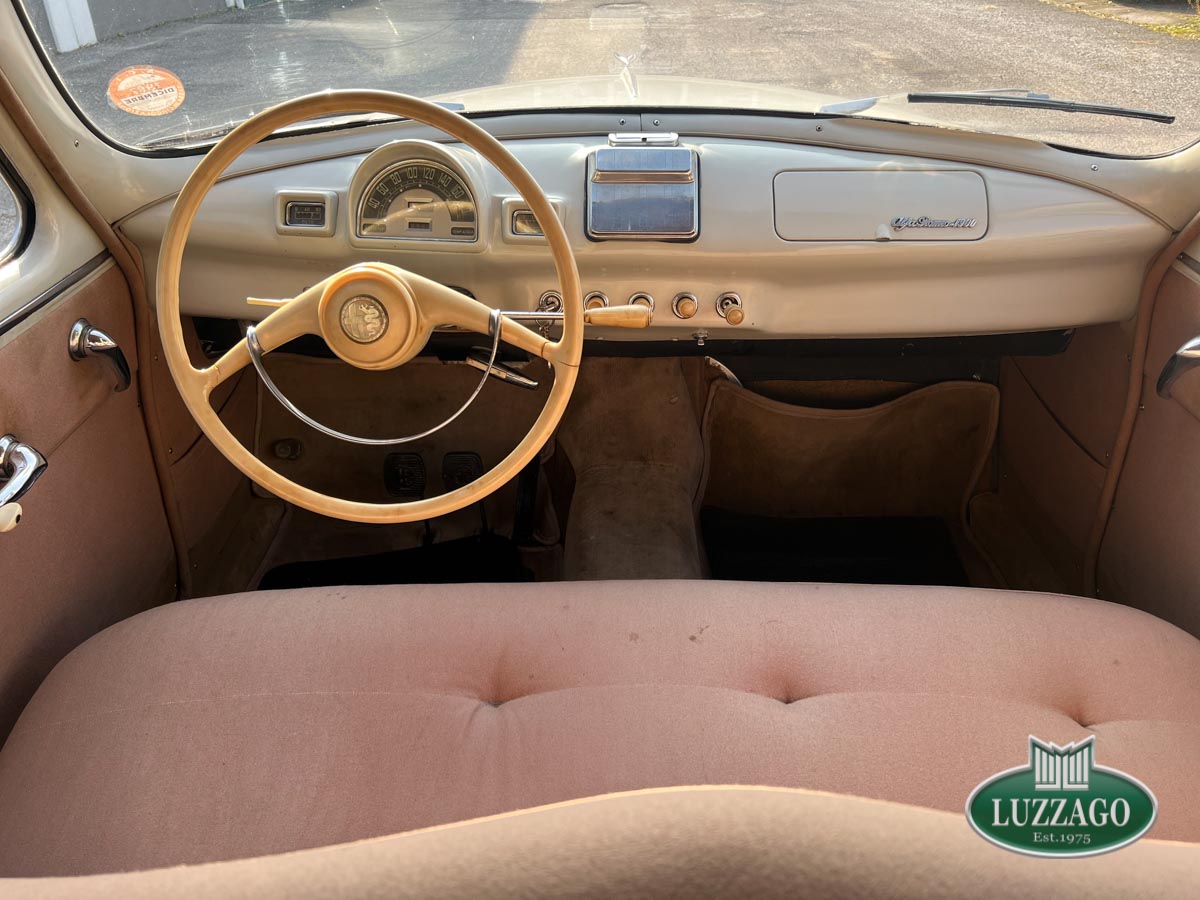
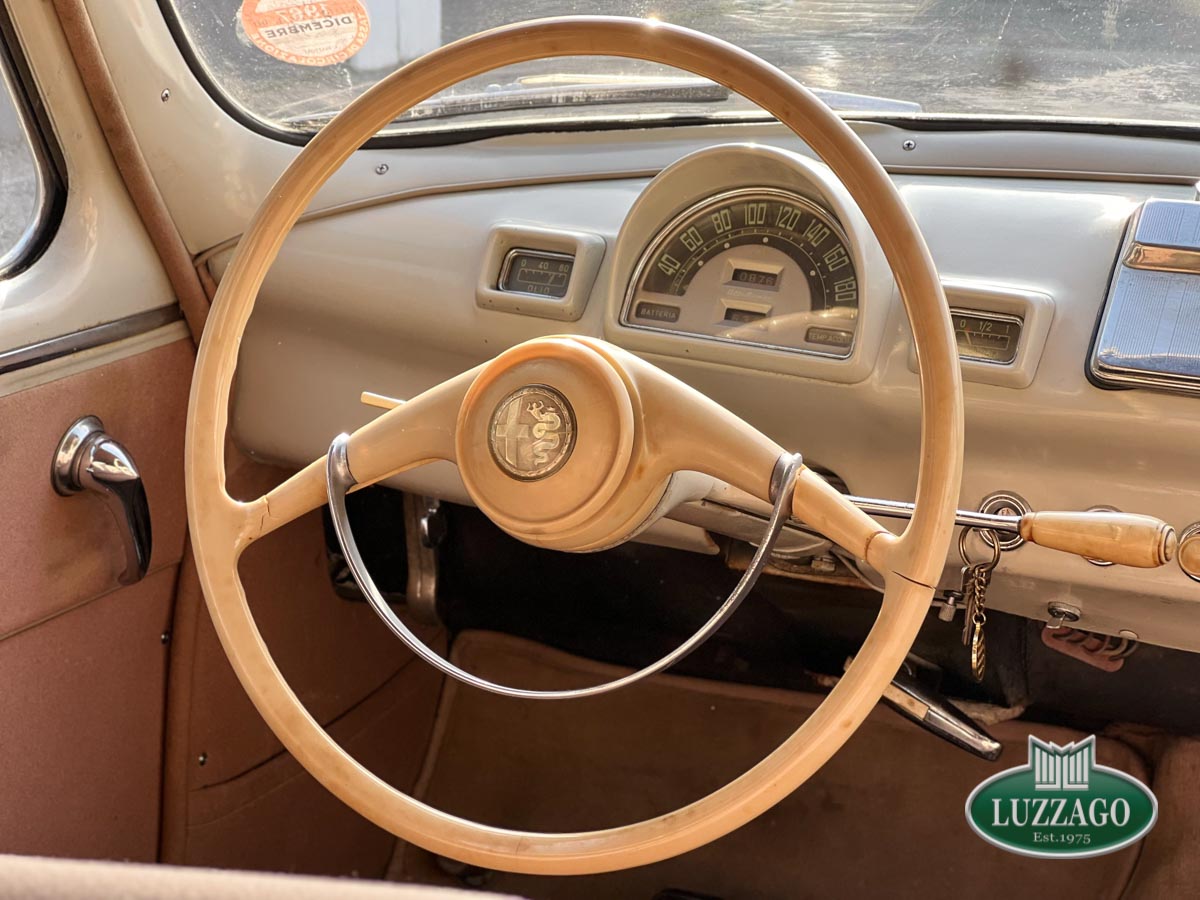
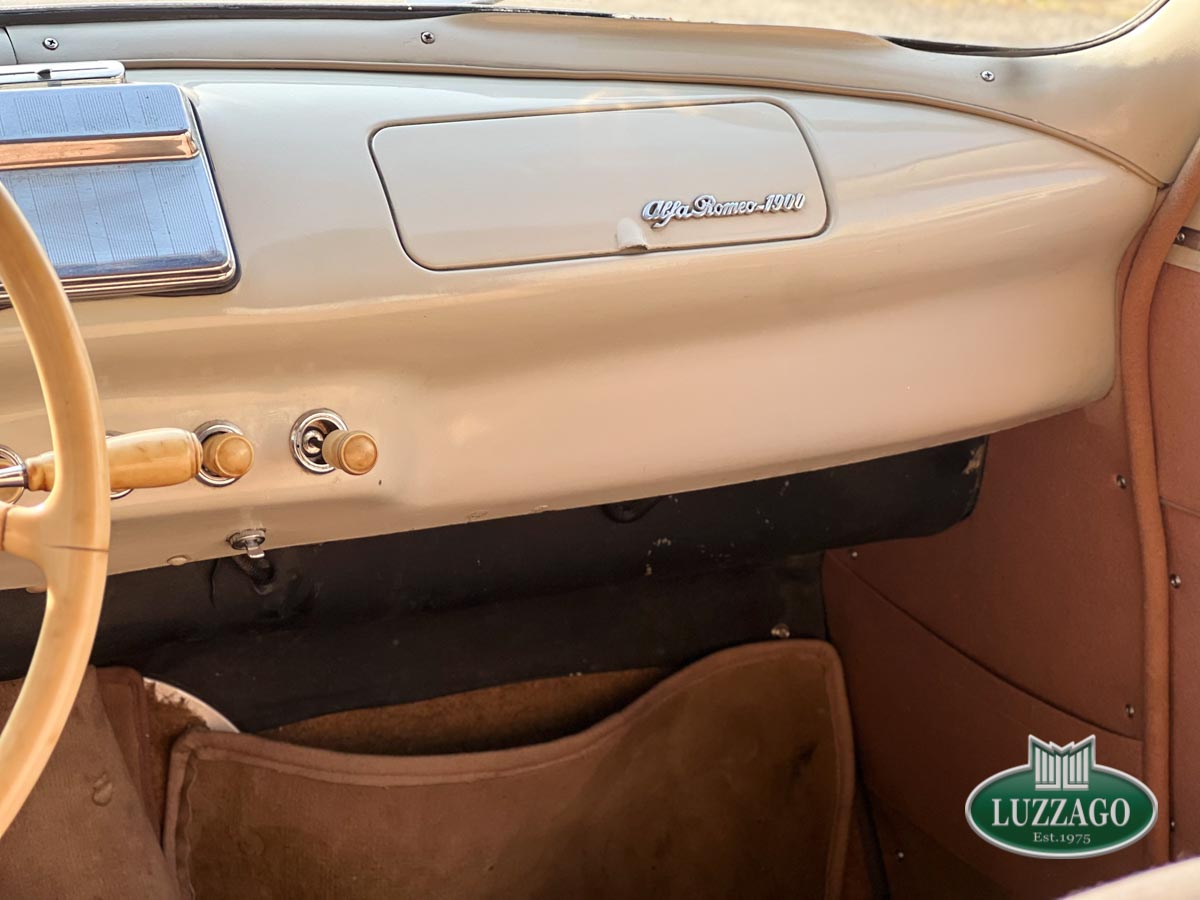
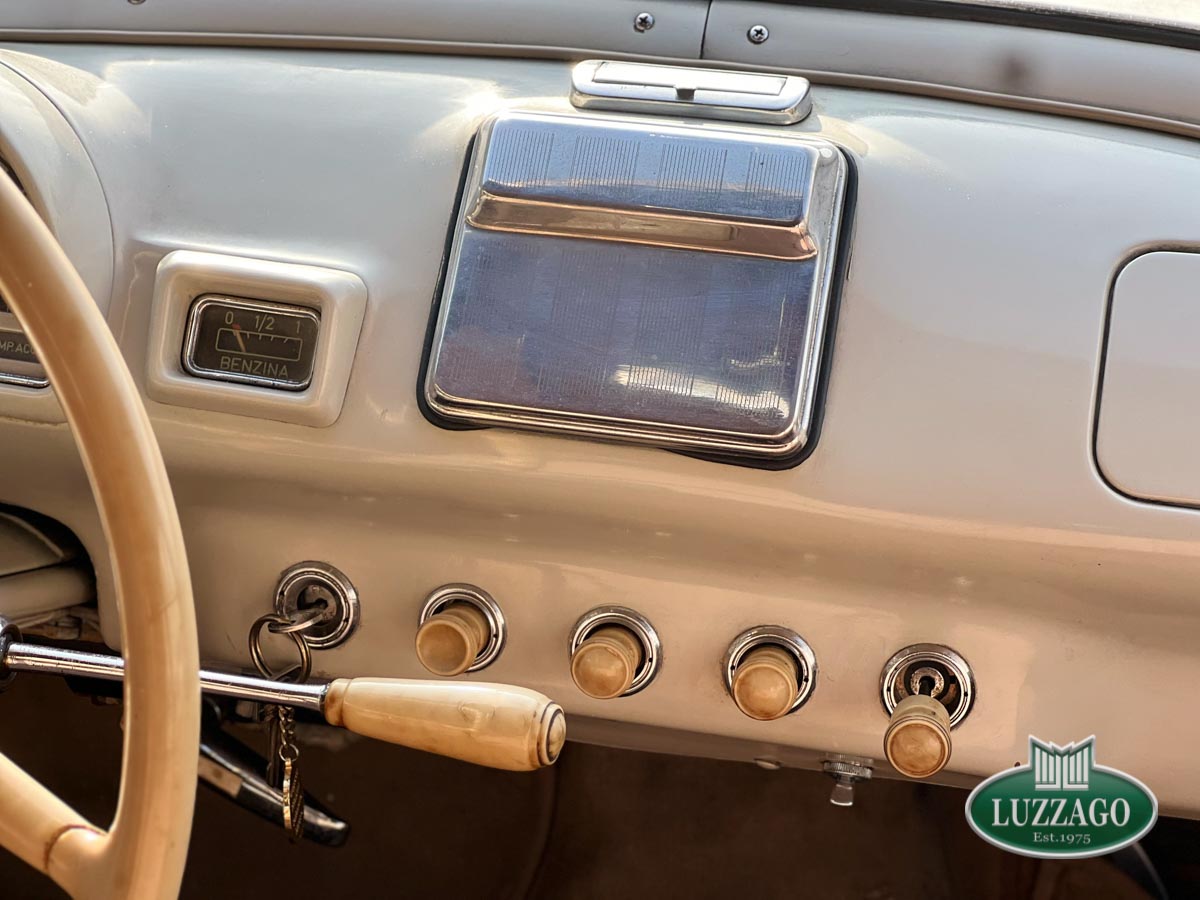
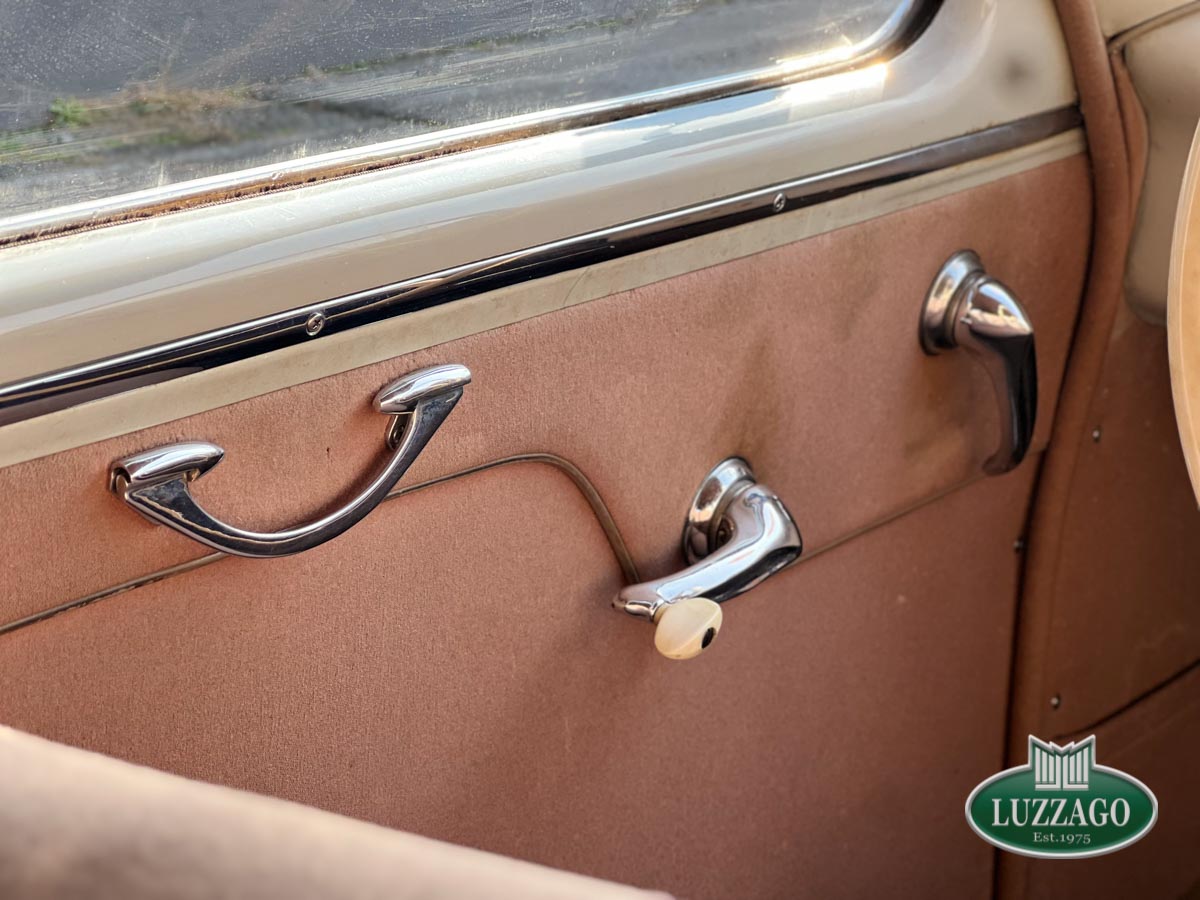
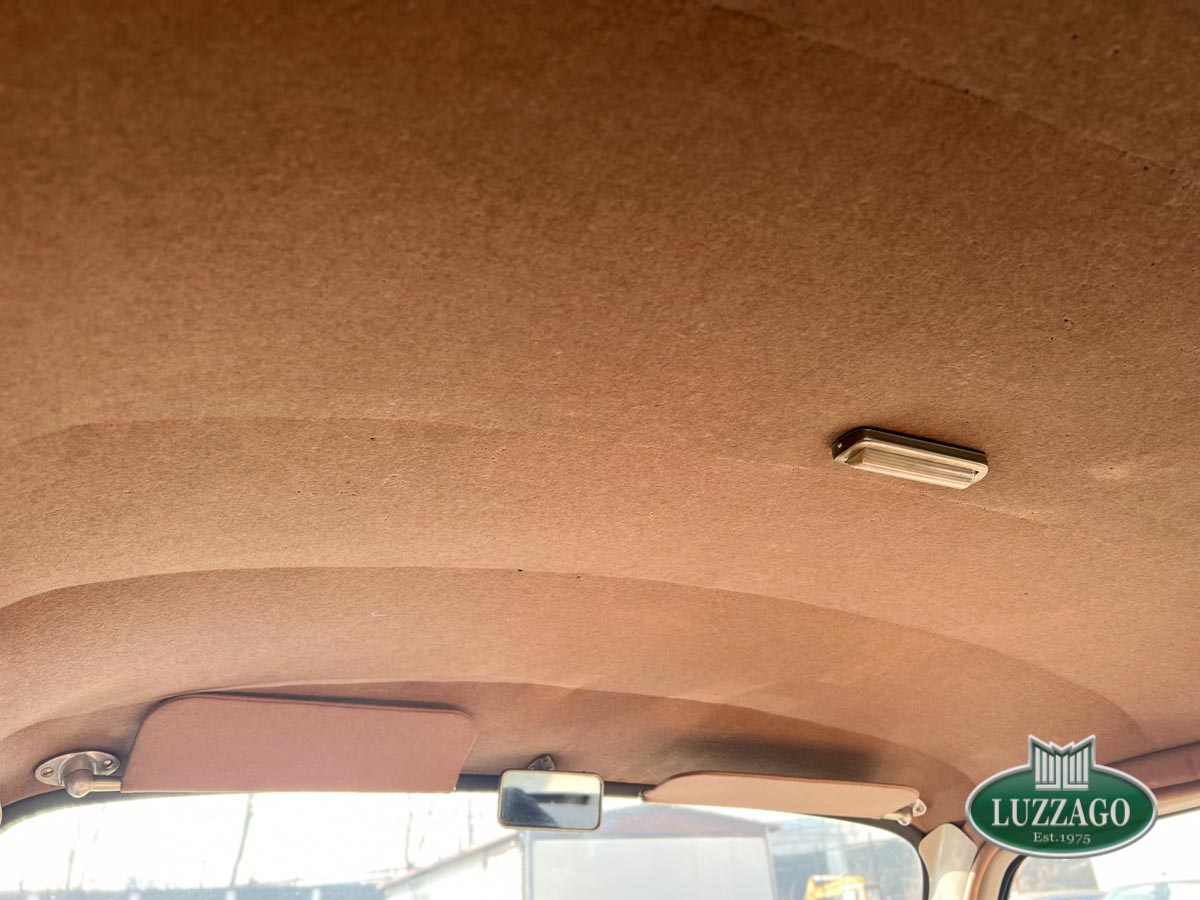
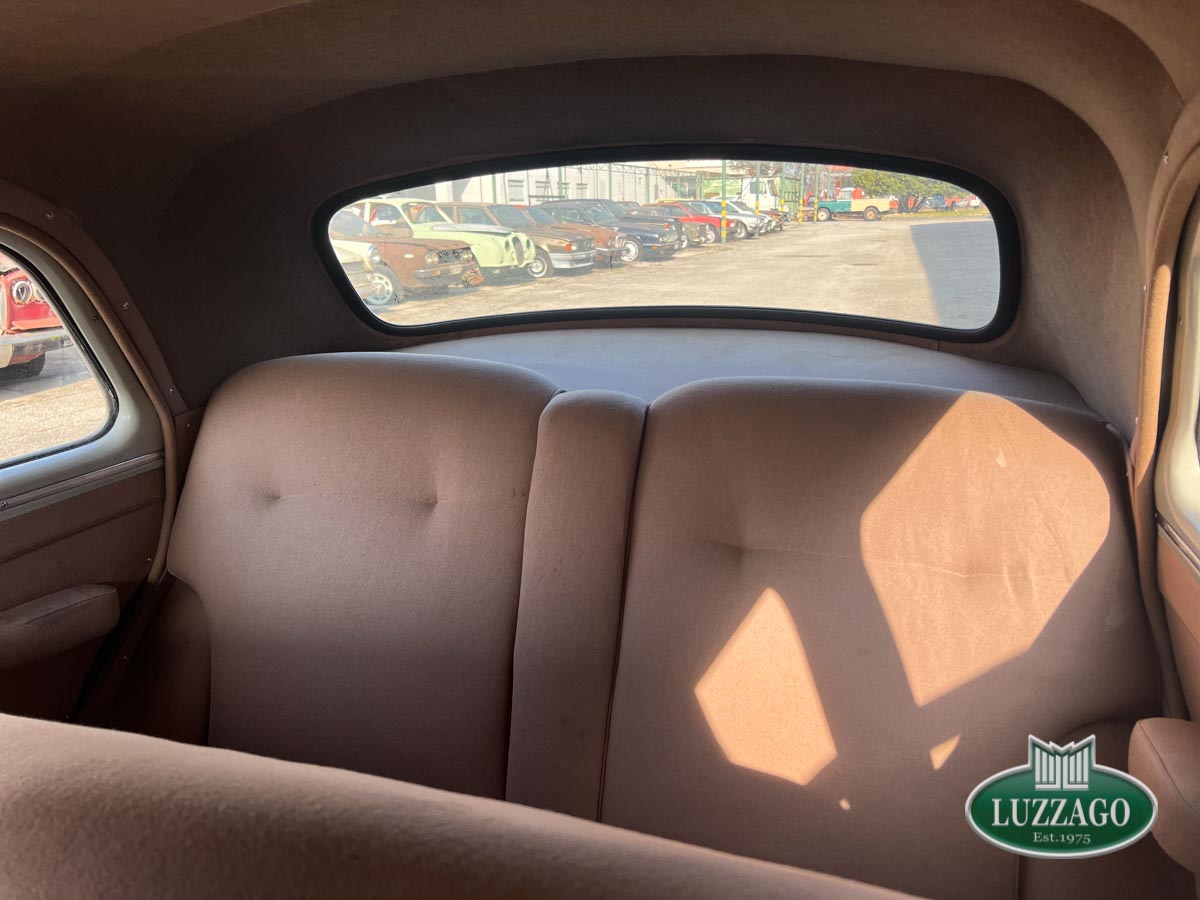
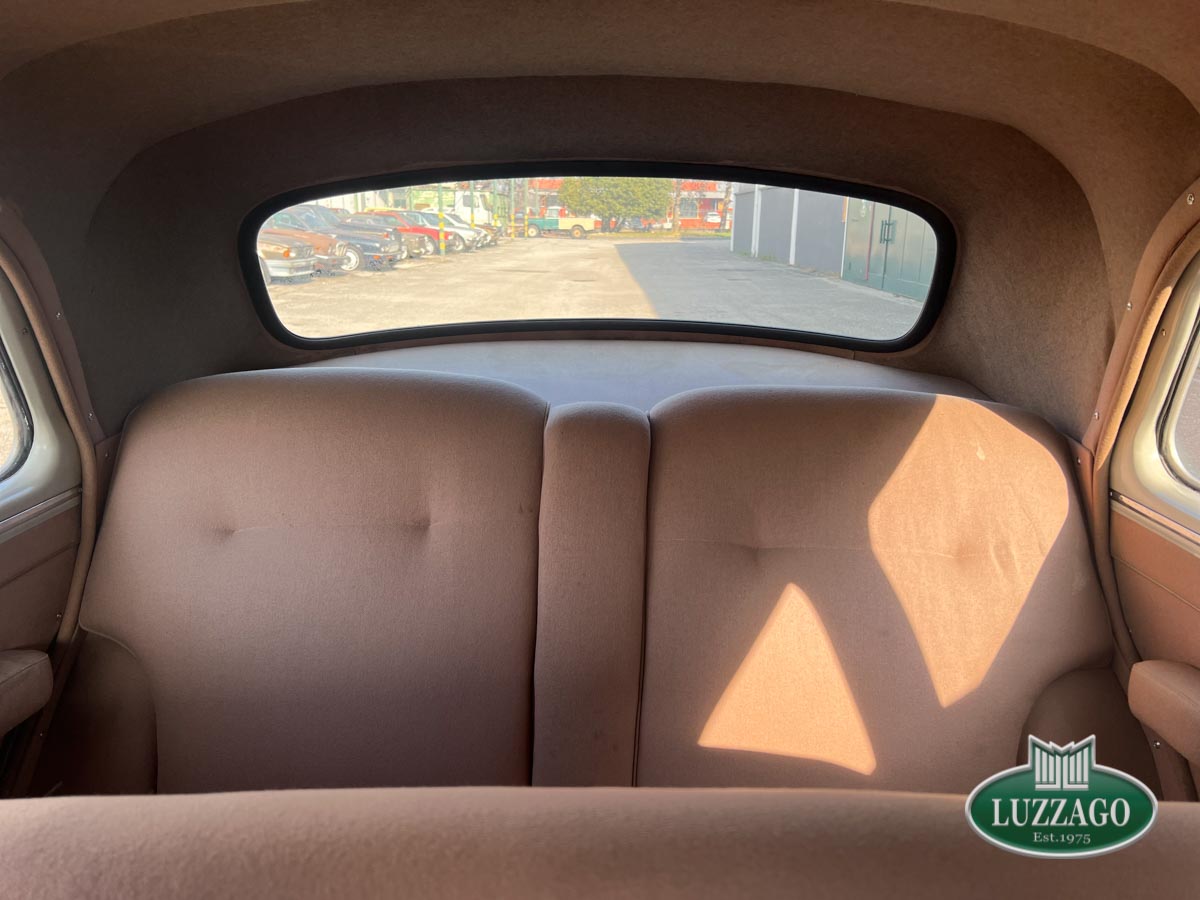
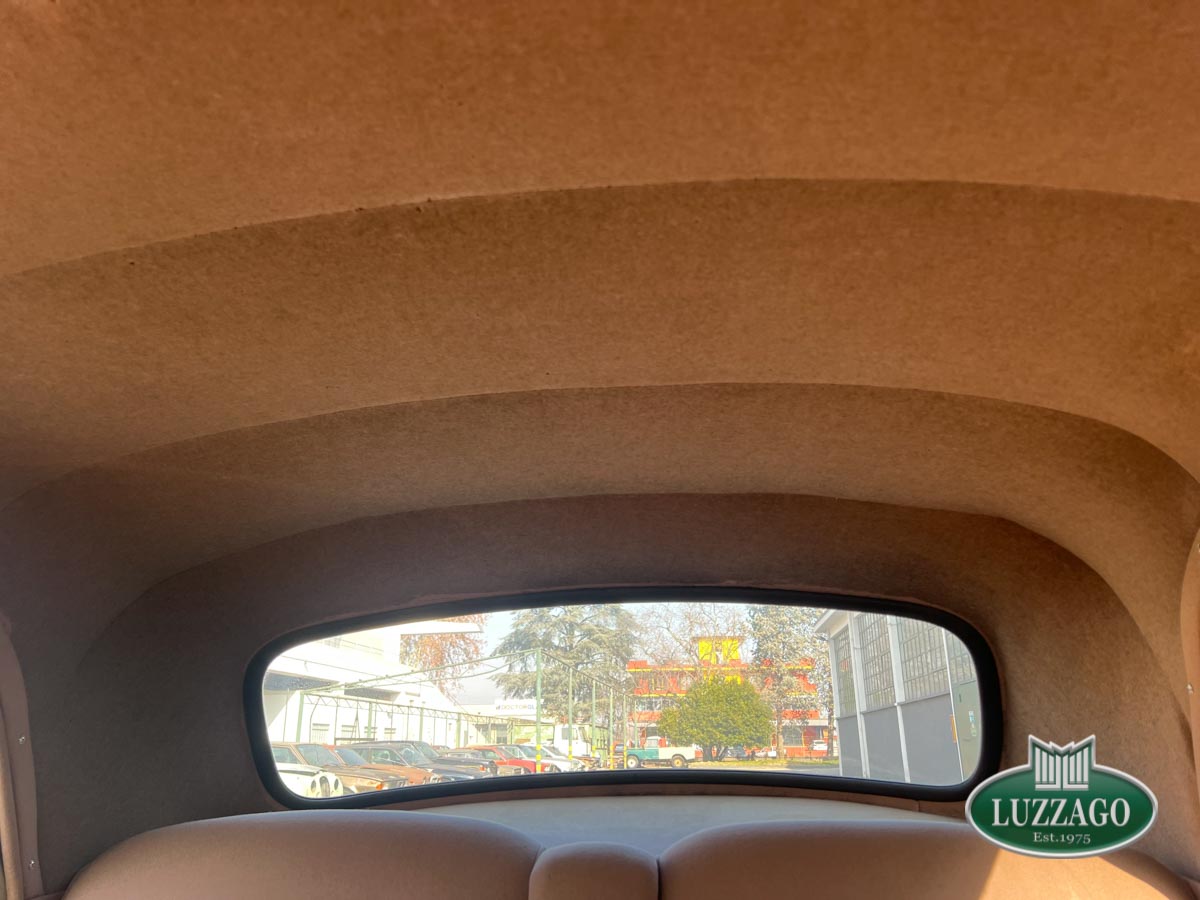
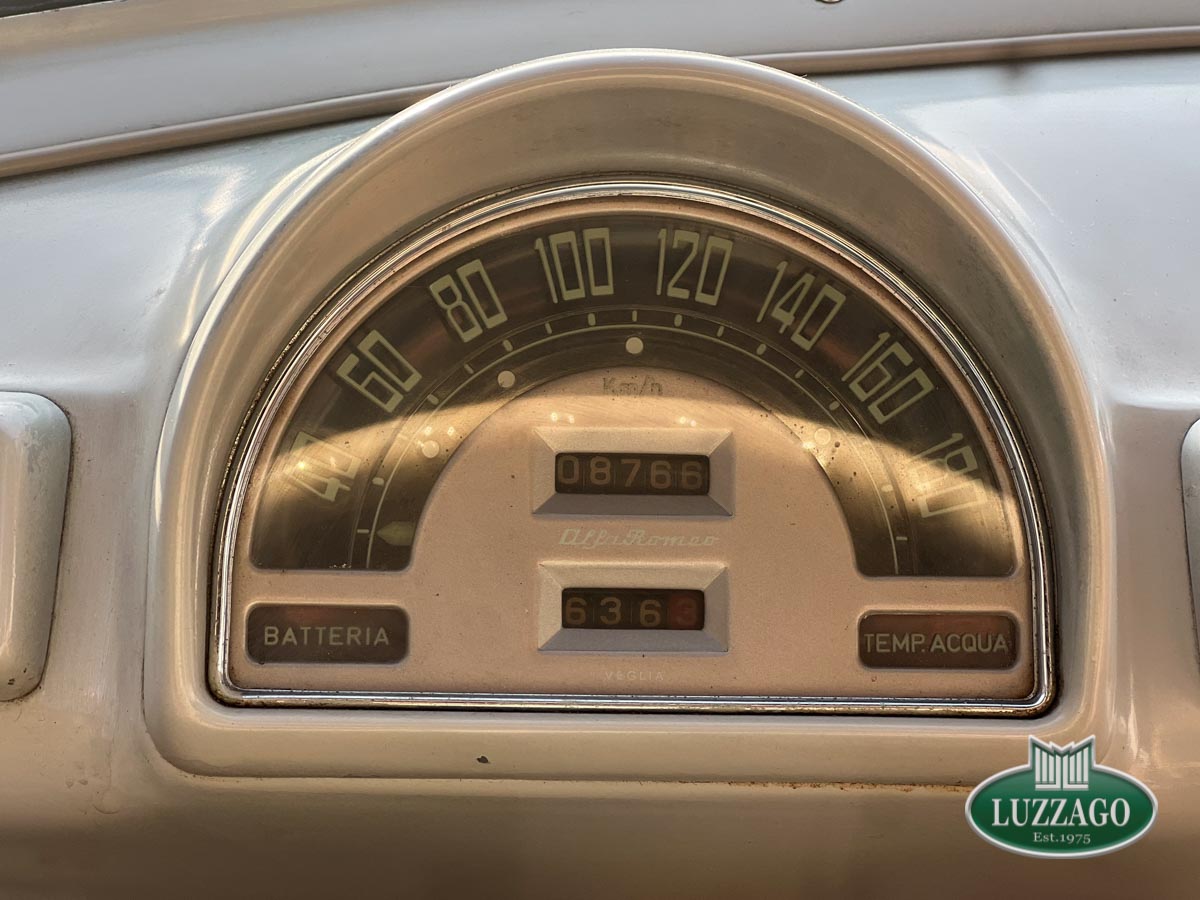
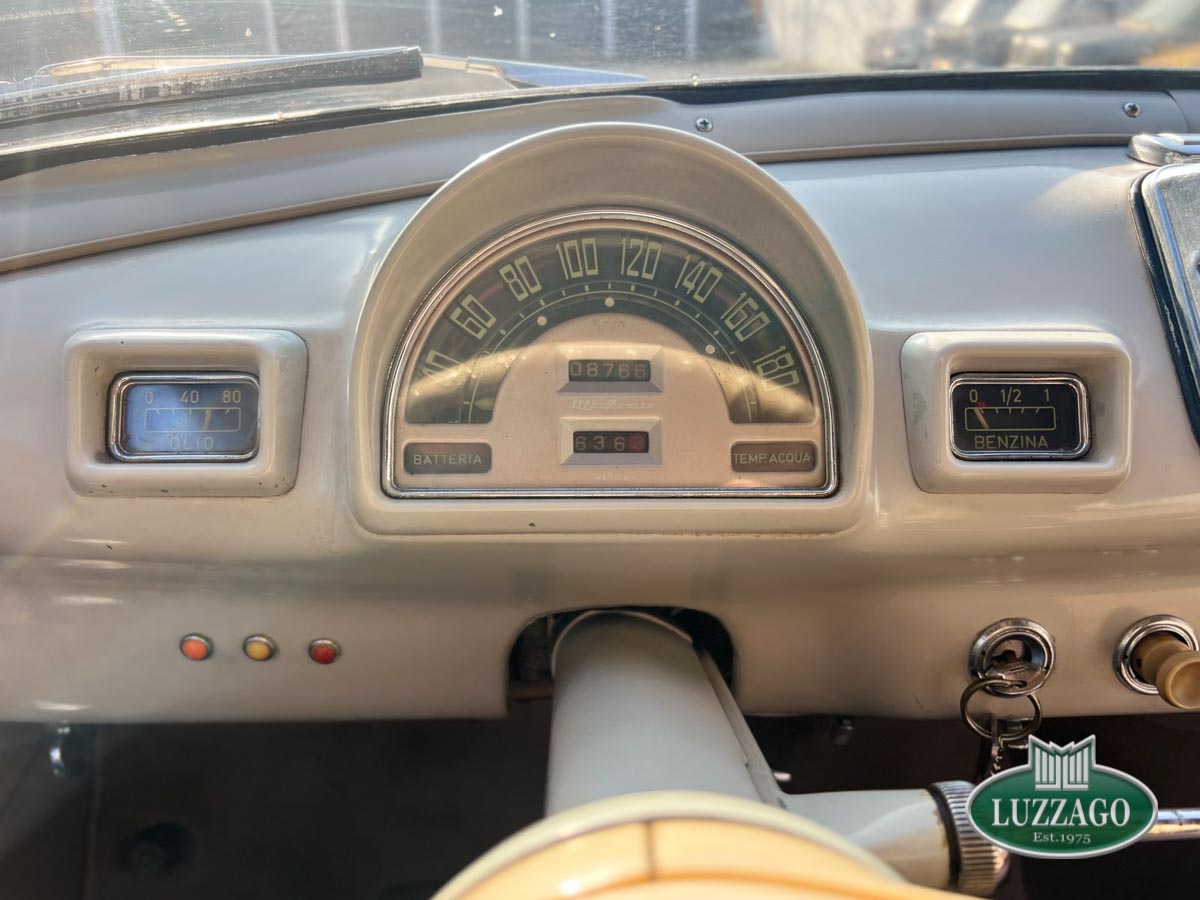
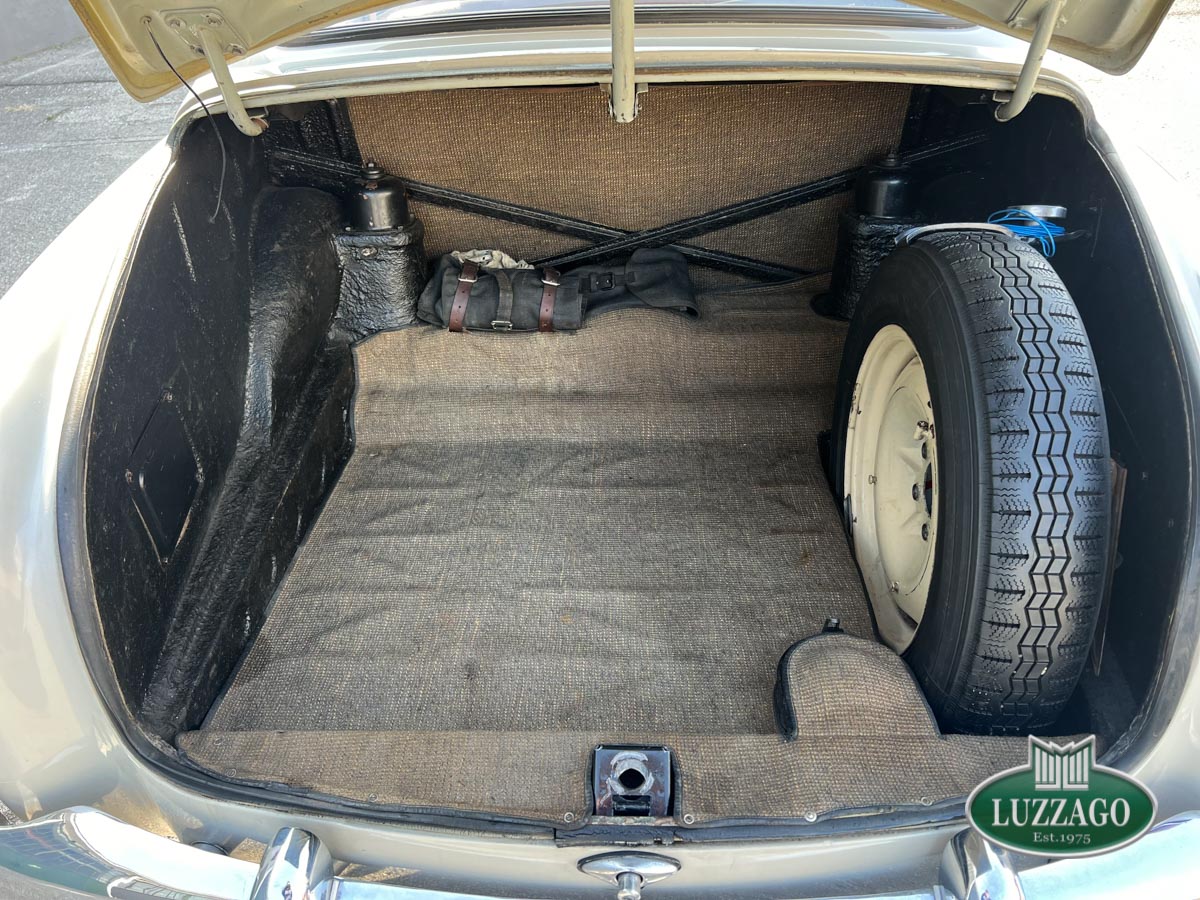
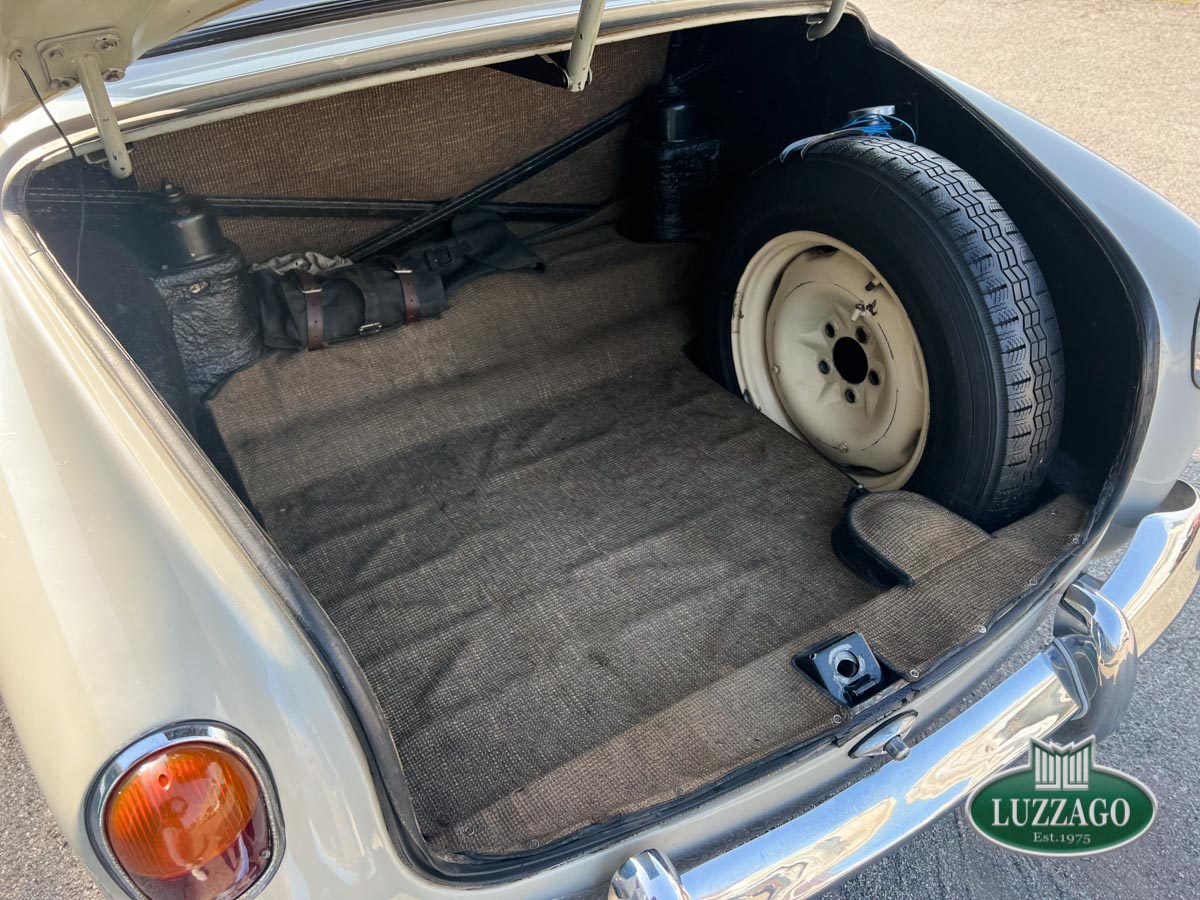
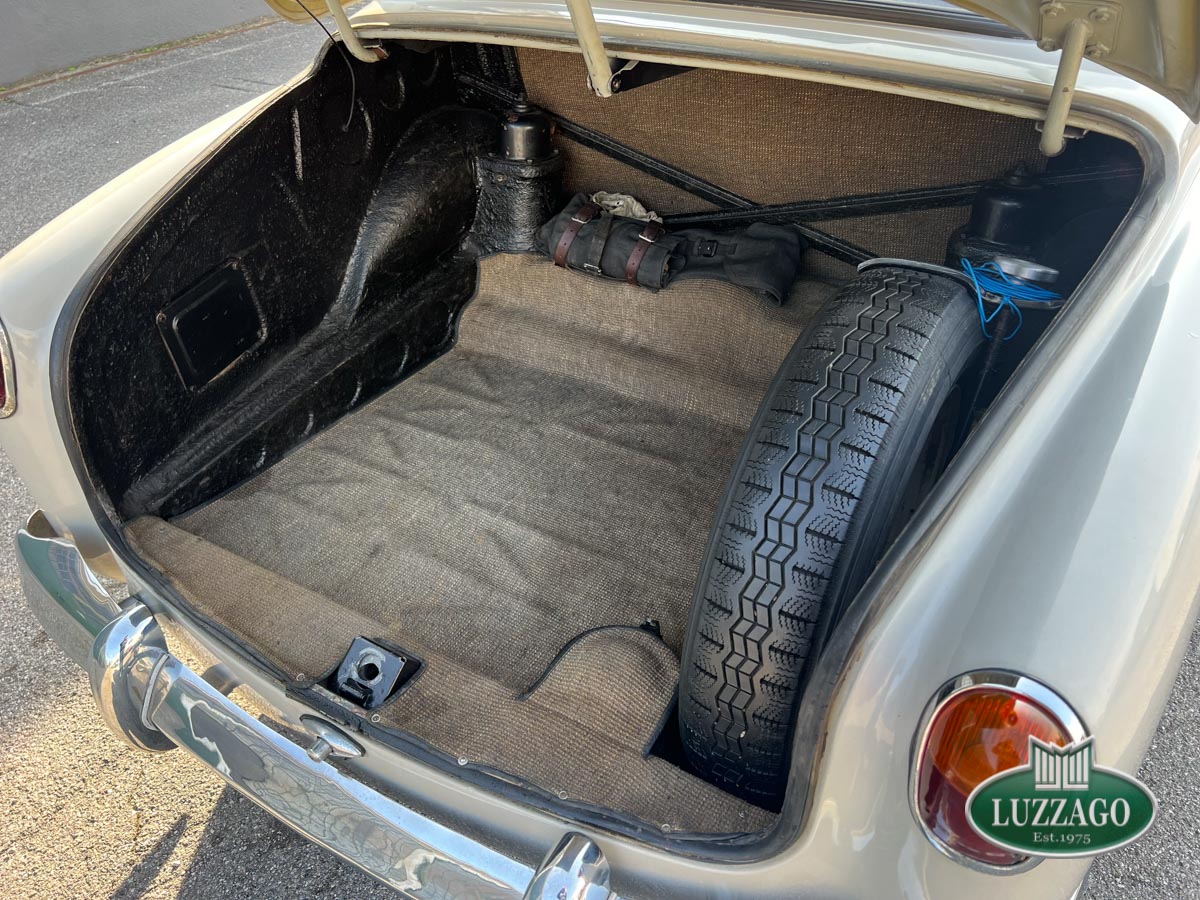
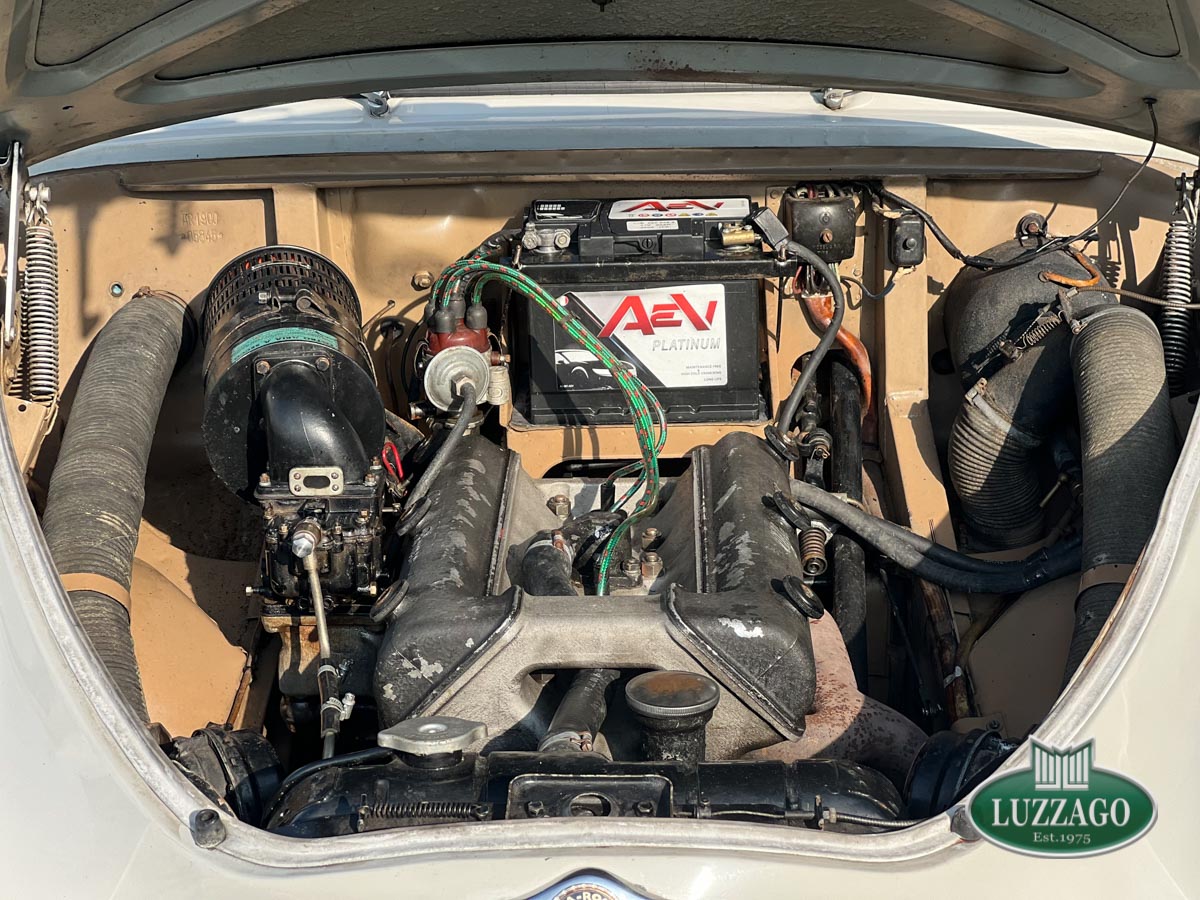
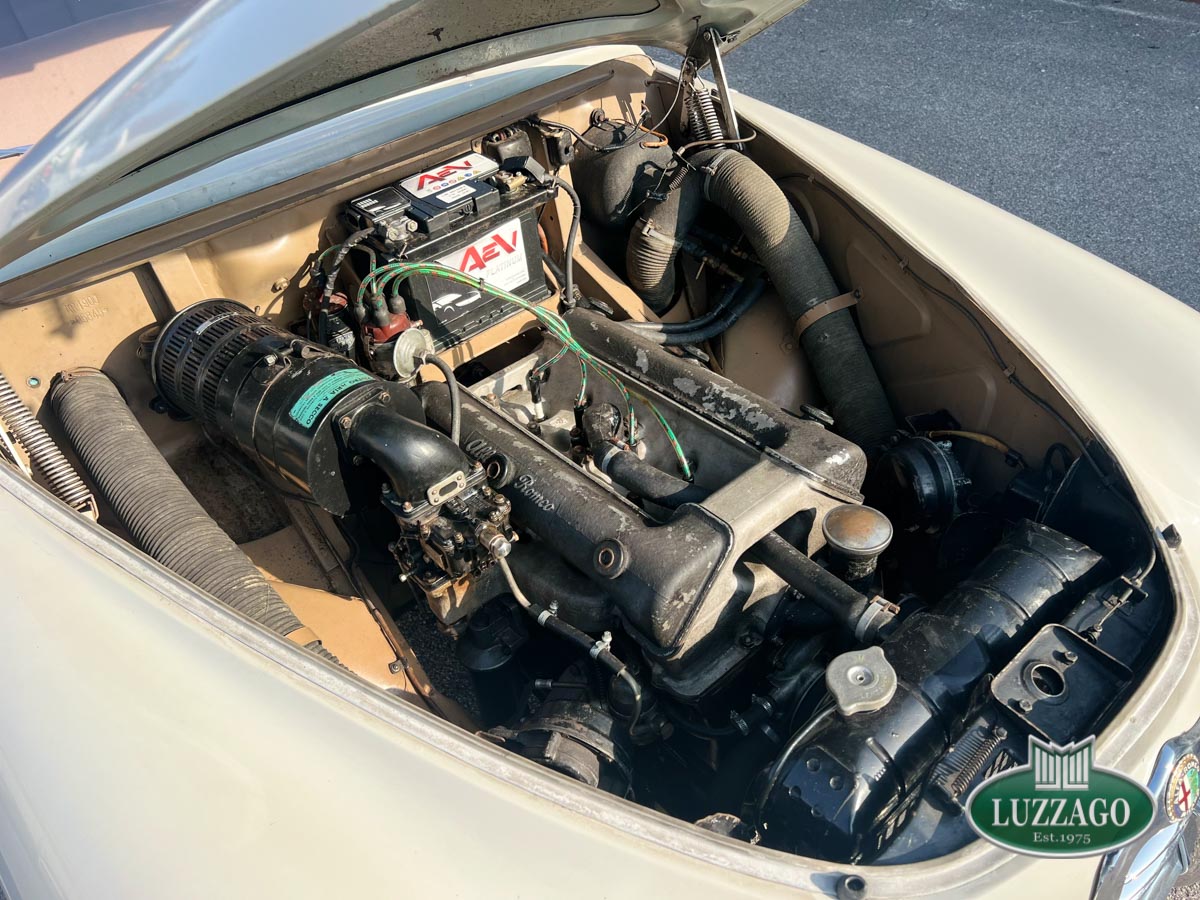
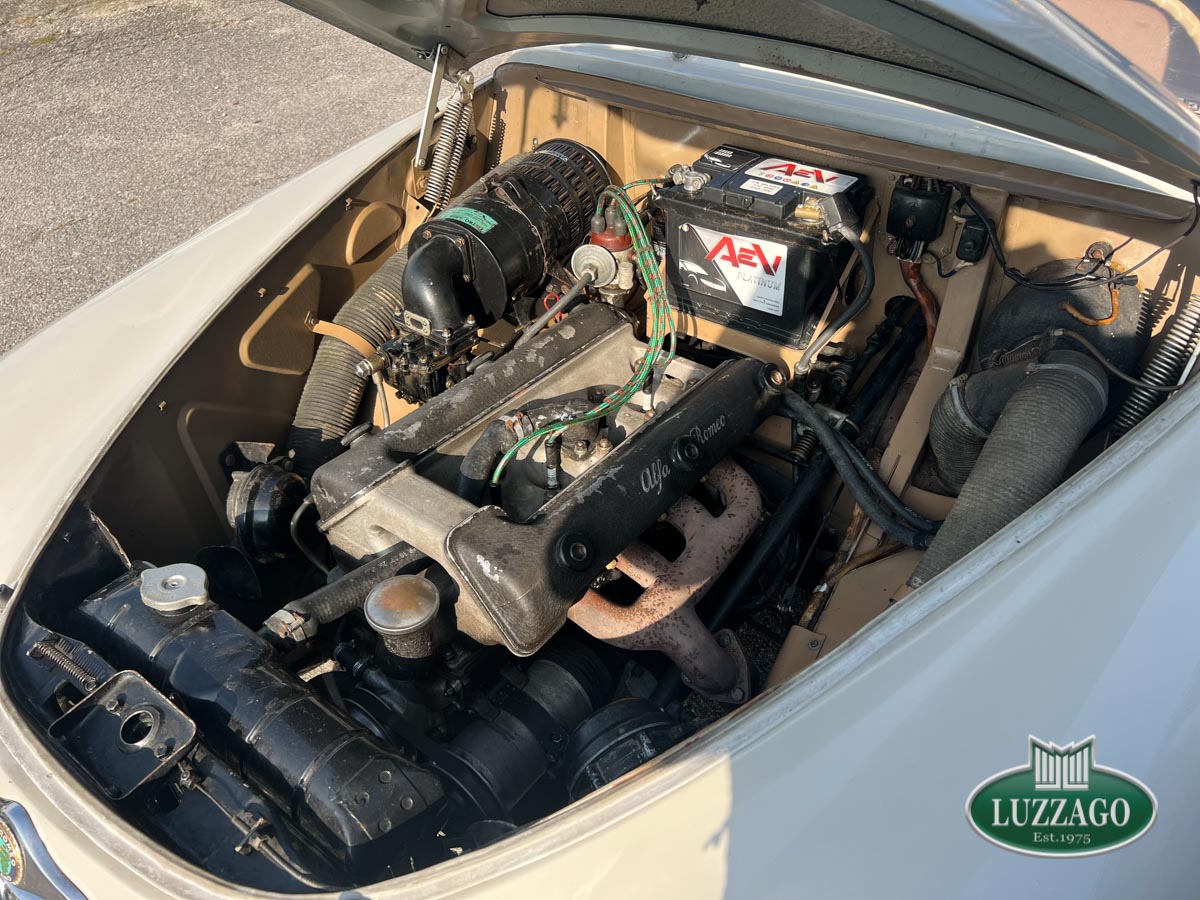
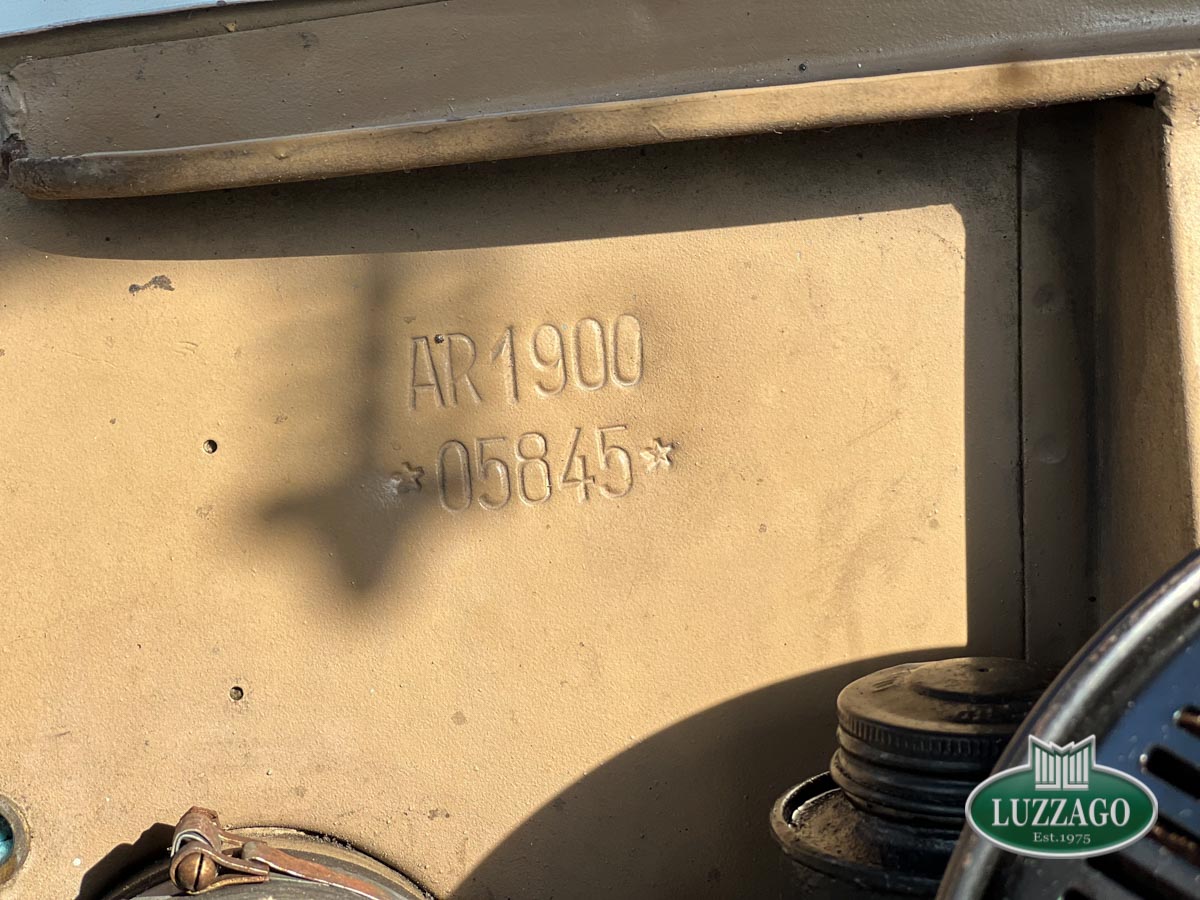
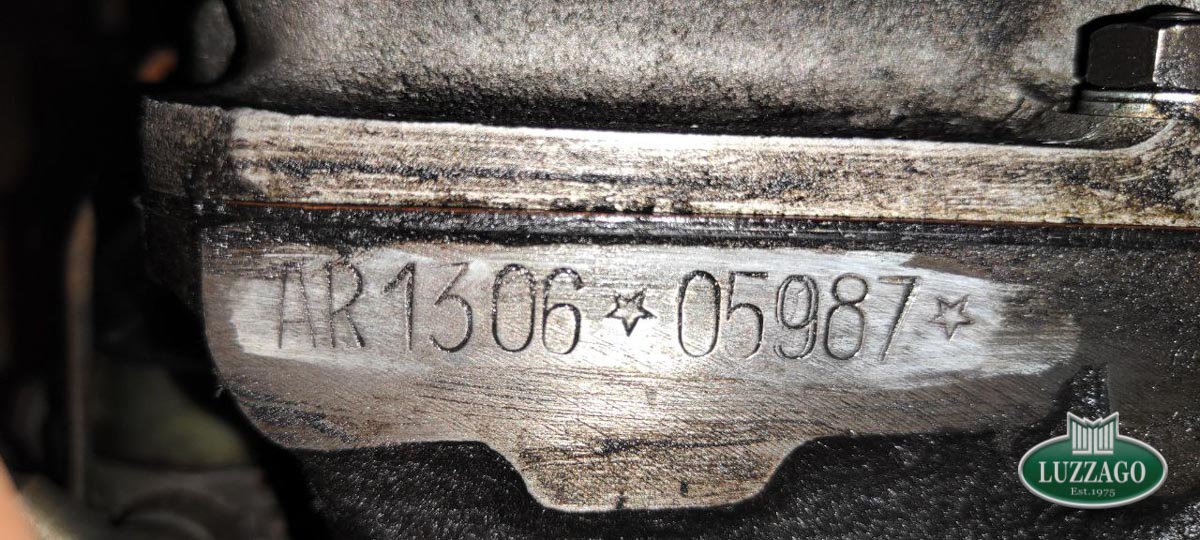
.jpg)
%20.jpg)
.jpg)
.jpg)
.jpg)
(1).jpg)
.jpg)
.jpg)
.jpg)
.jpg)
.jpg)
.jpg)

.jpg)
.jpg)
.jpg)


 CA Auto Bank offer subject to approval. Pre-contractual documentation at the Dealership and on the CA Auto Bank website (Transparency section). Advertising message for promotional purposes.
CA Auto Bank offer subject to approval. Pre-contractual documentation at the Dealership and on the CA Auto Bank website (Transparency section). Advertising message for promotional purposes.